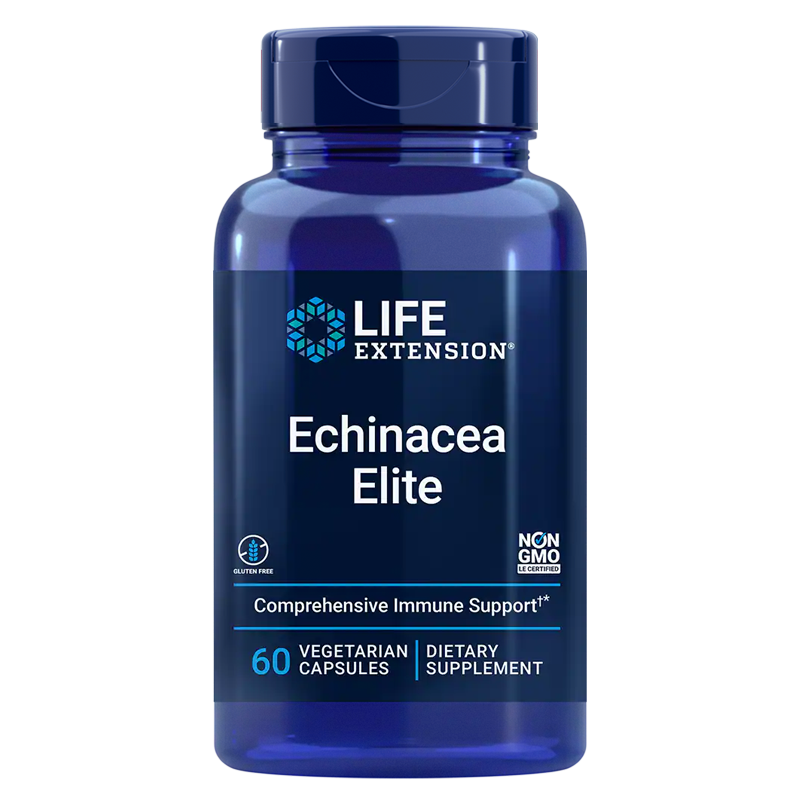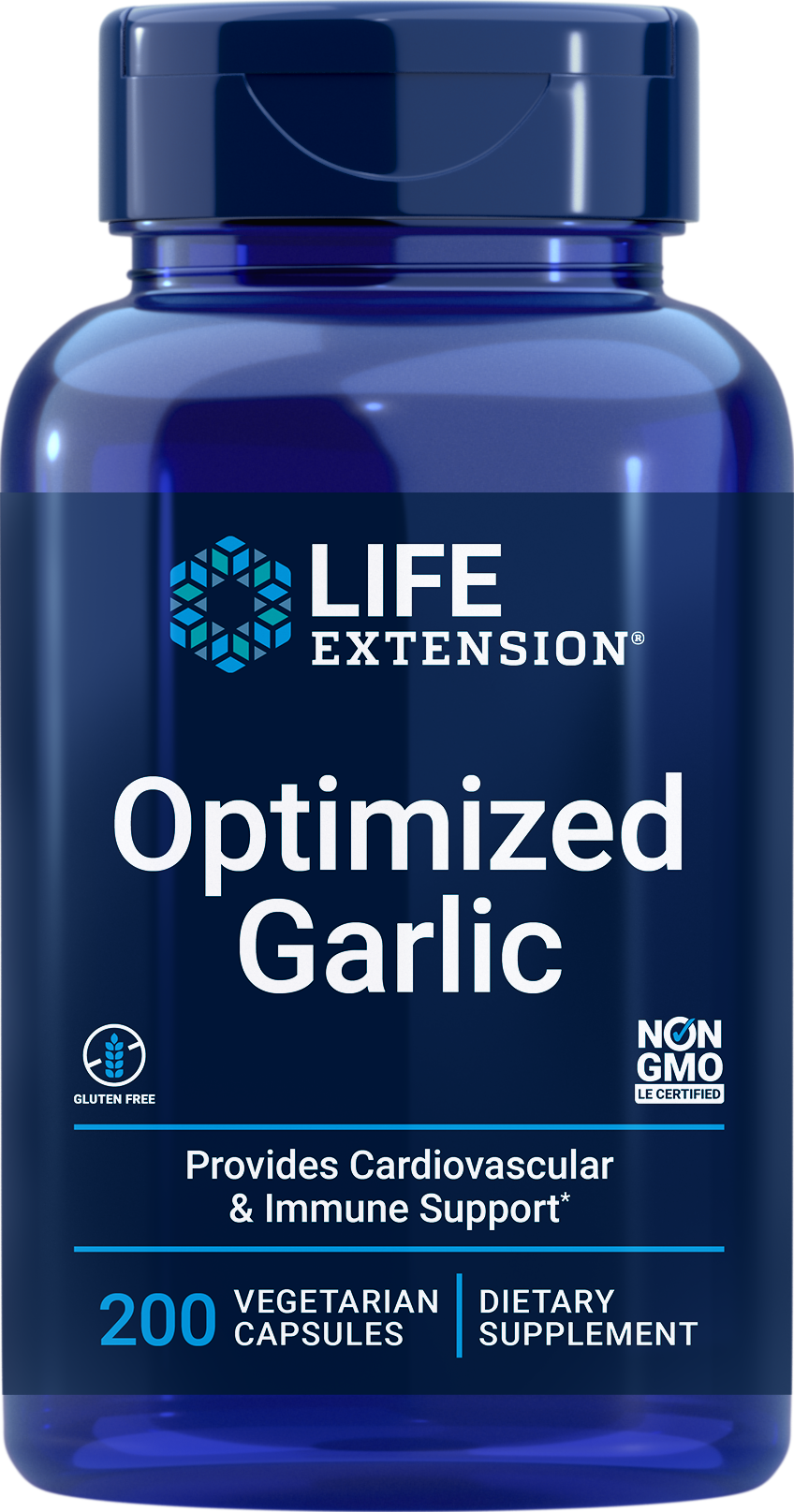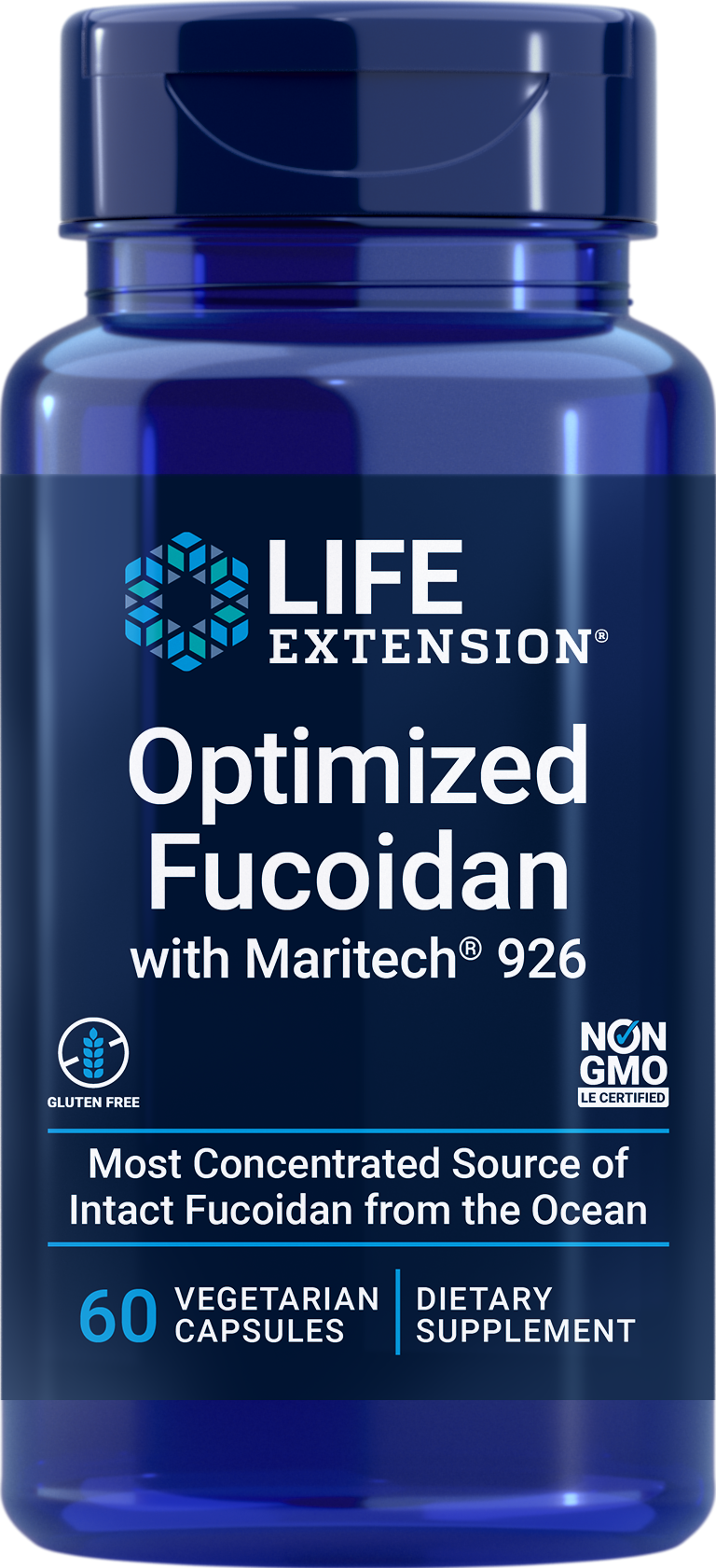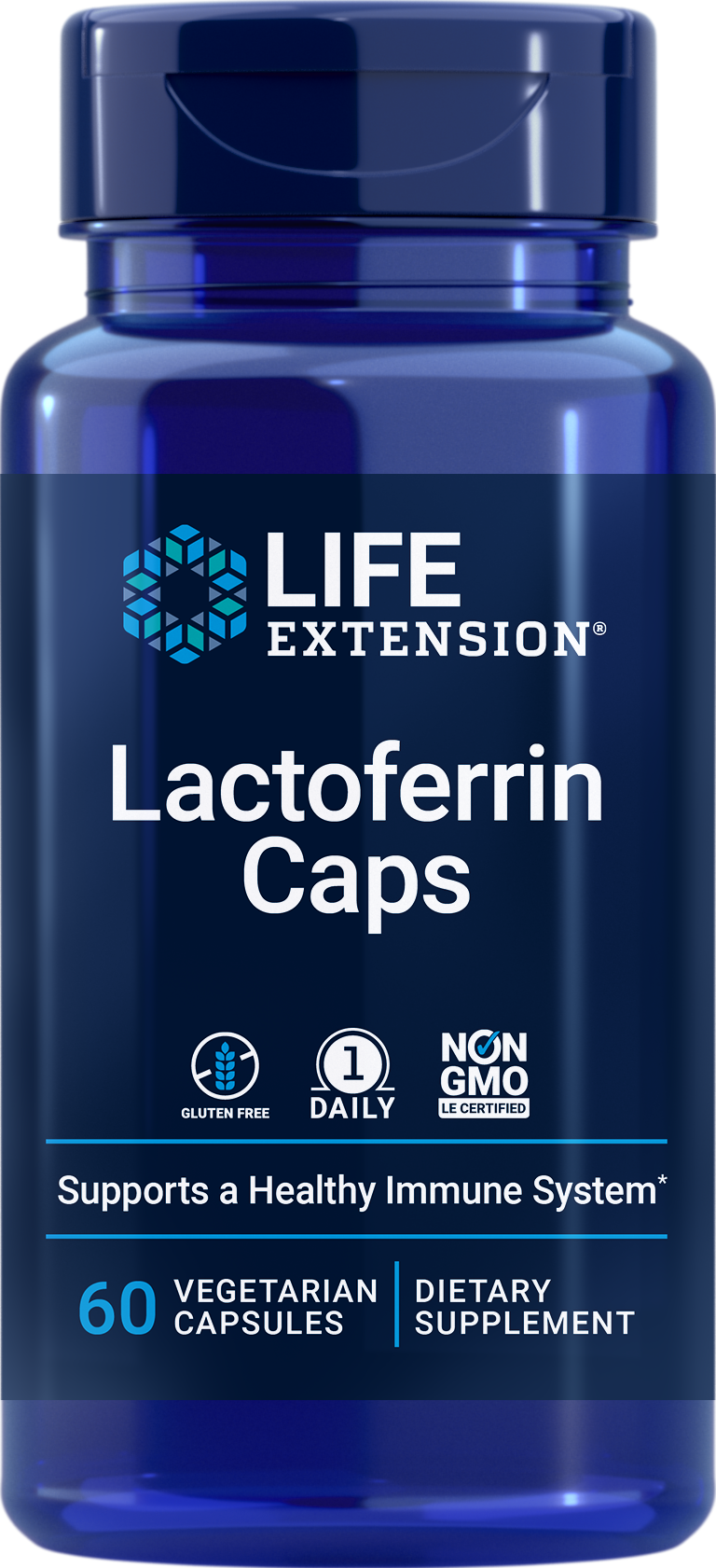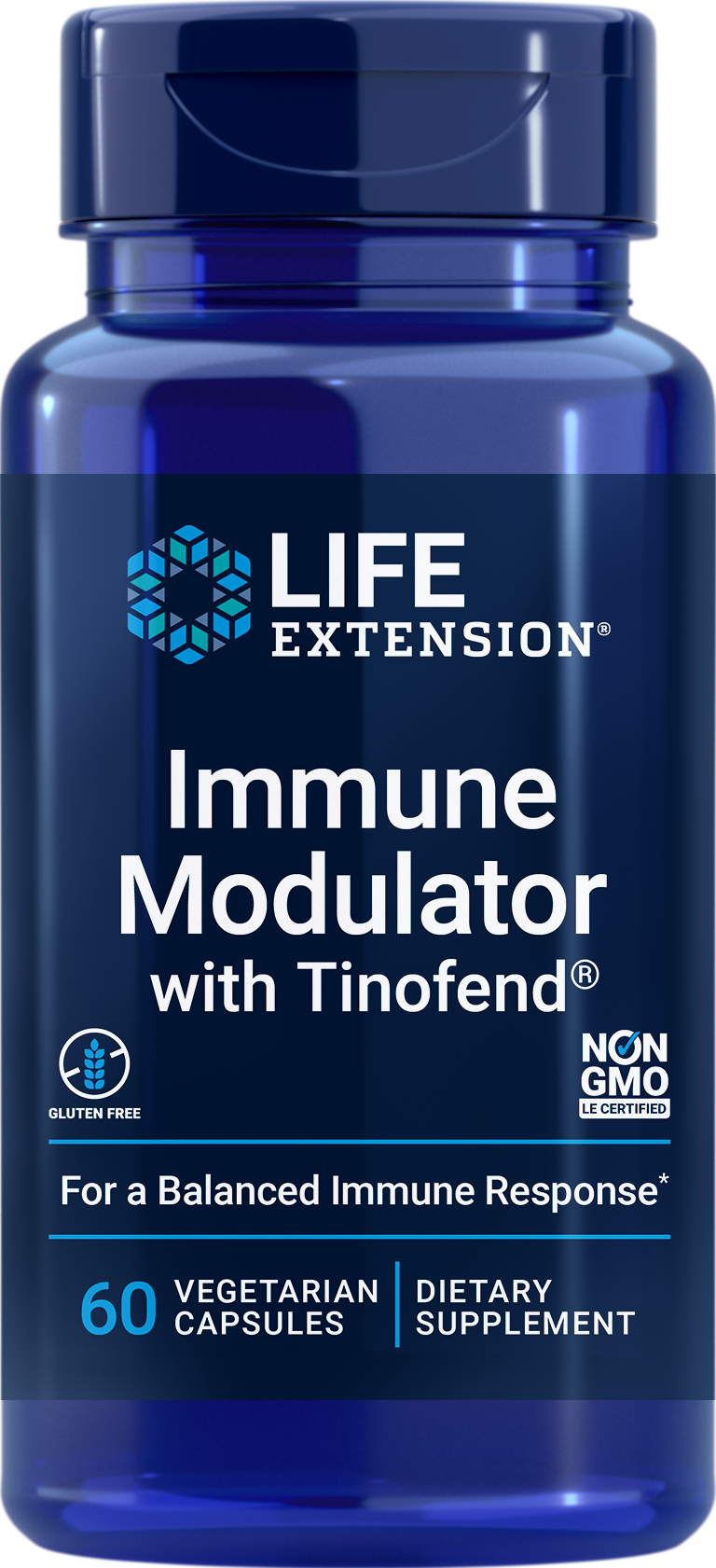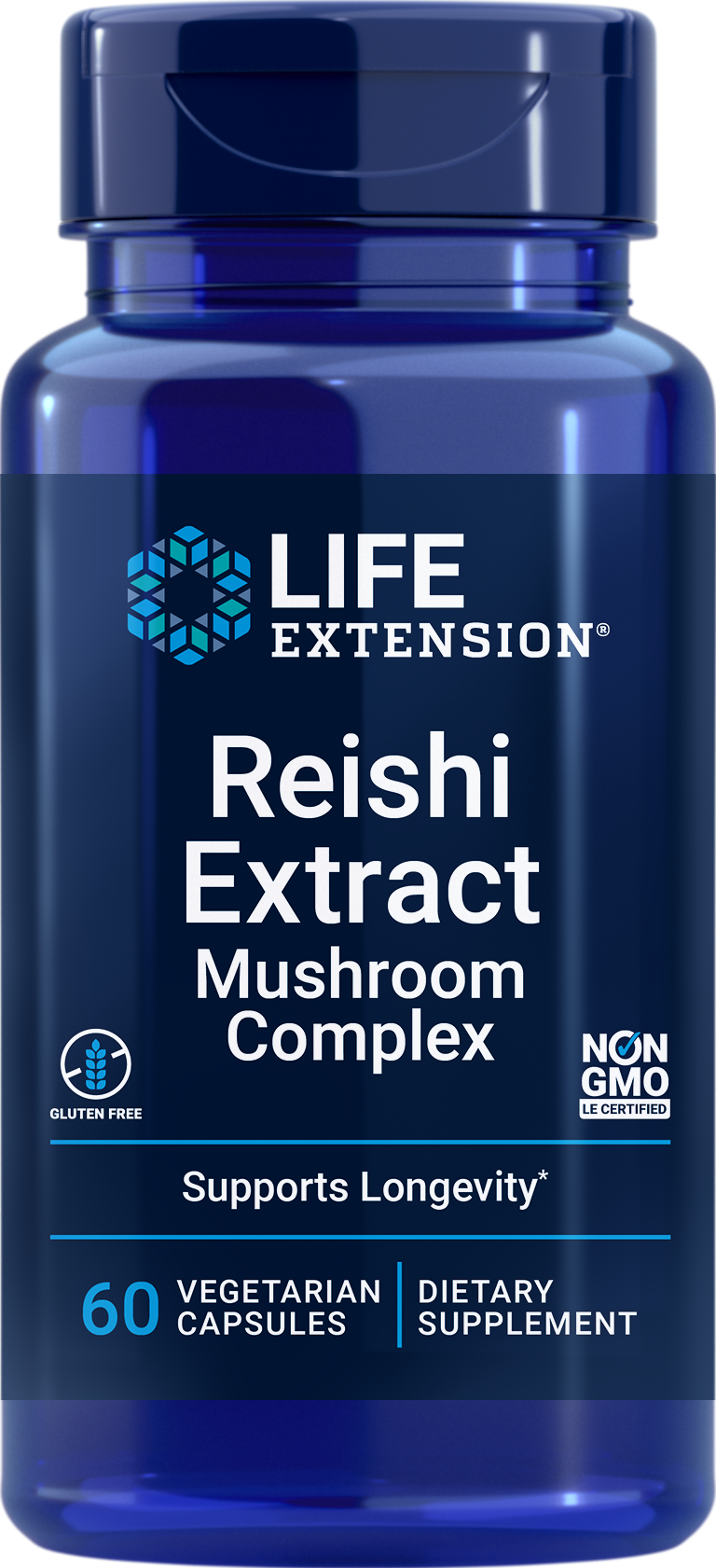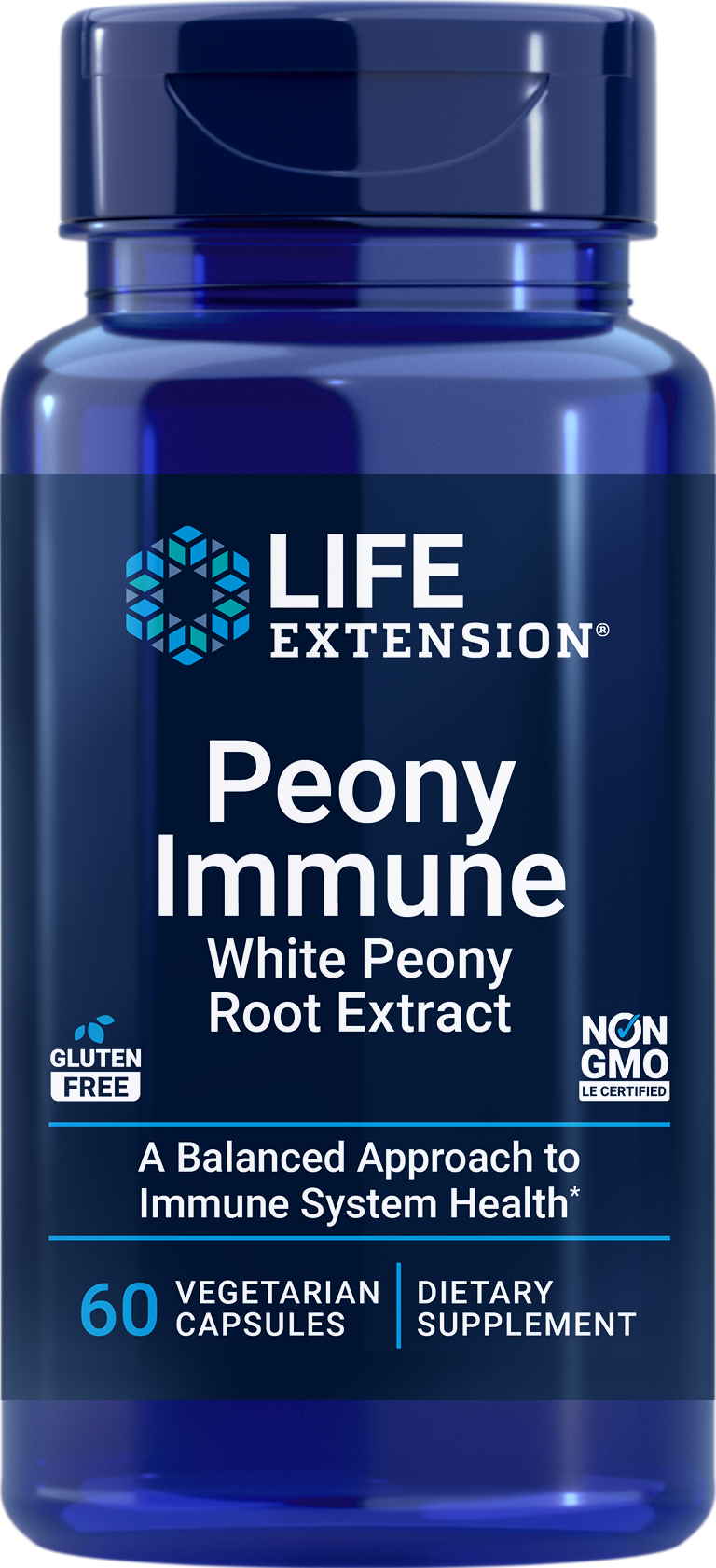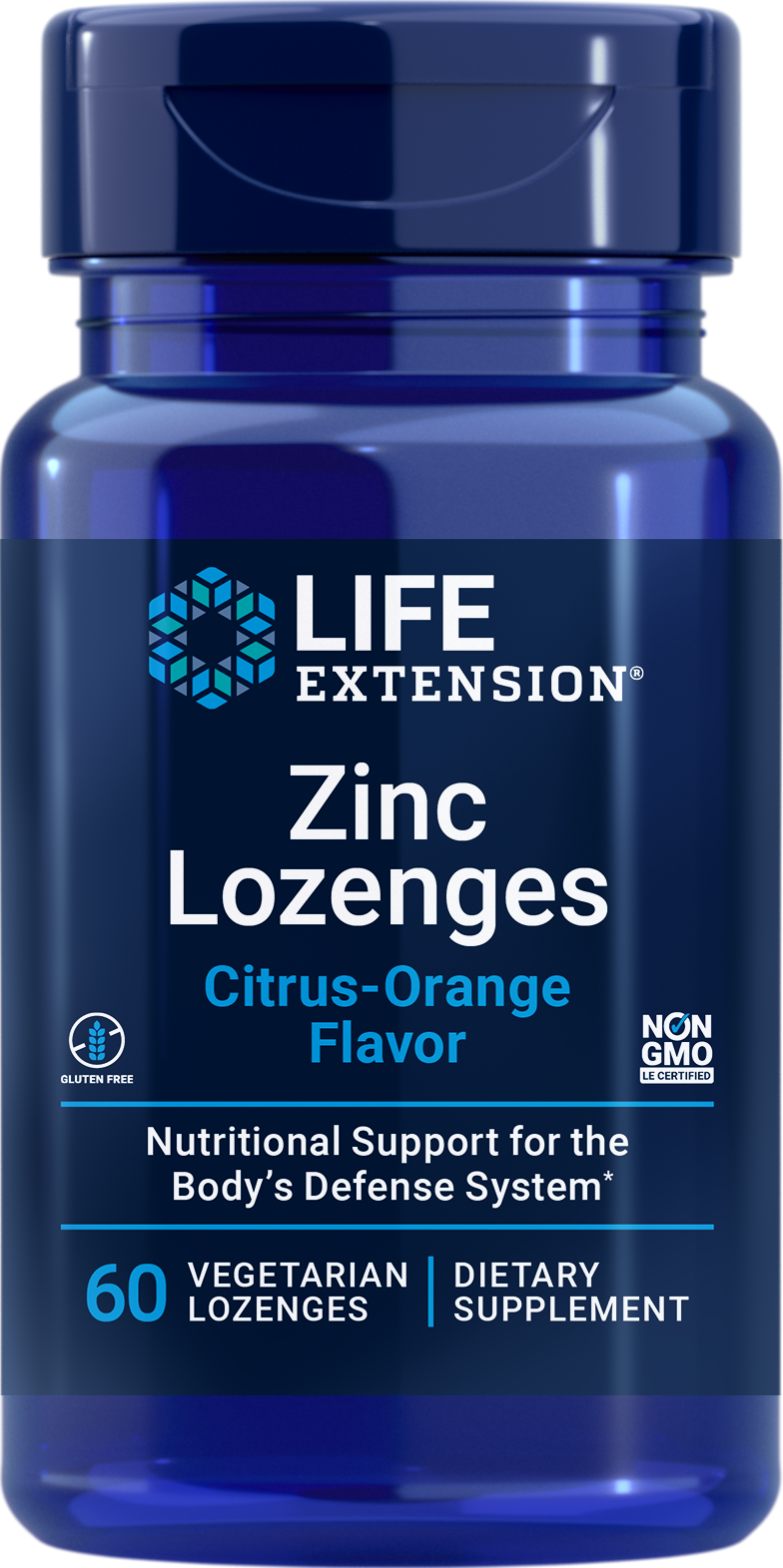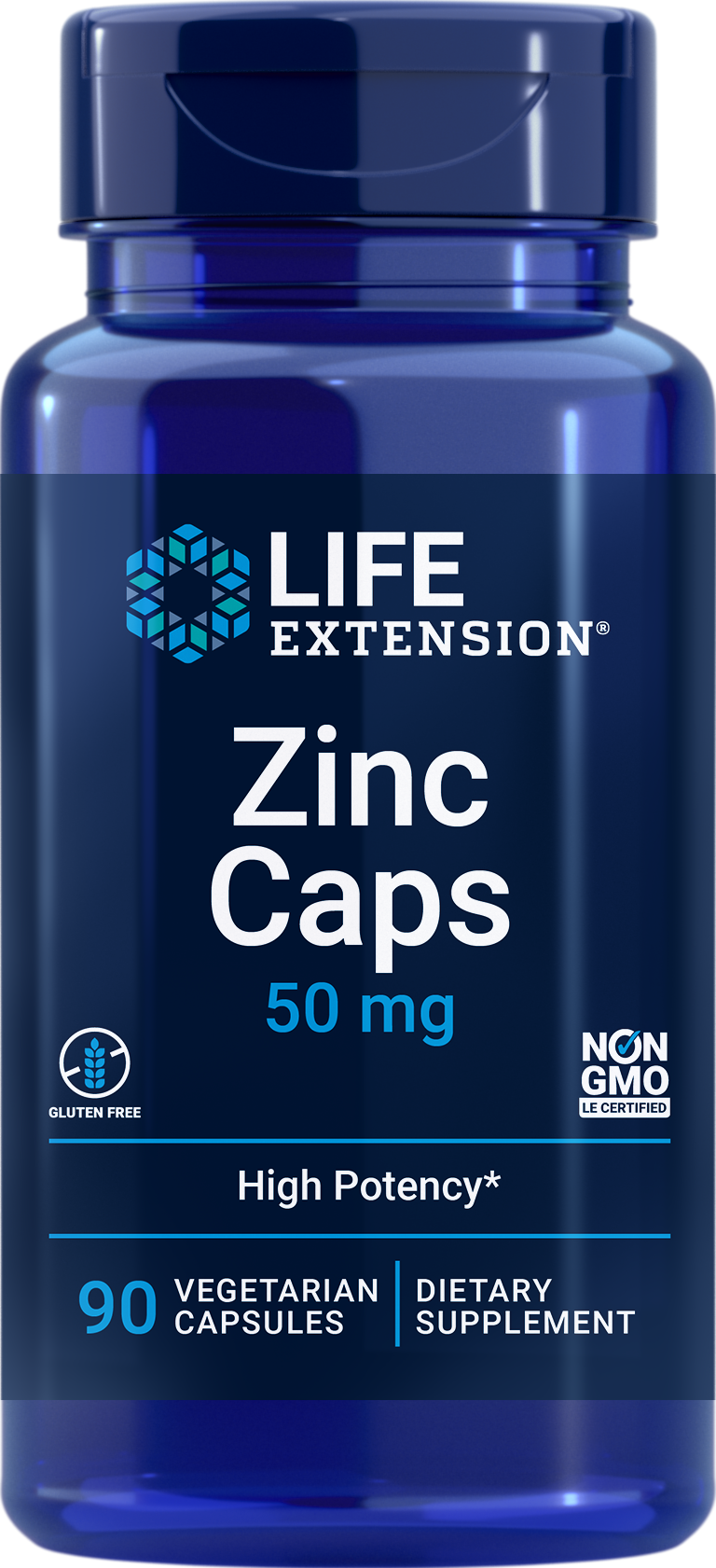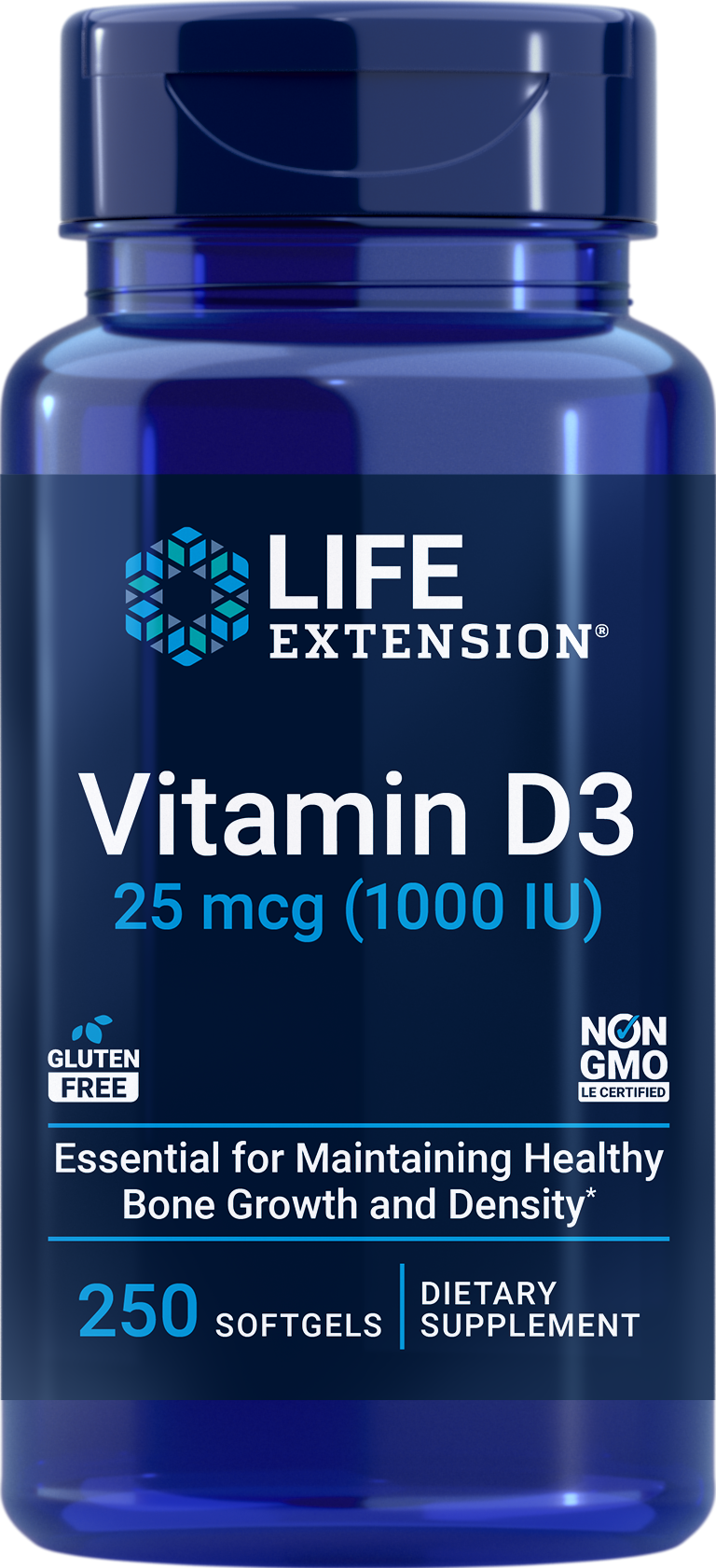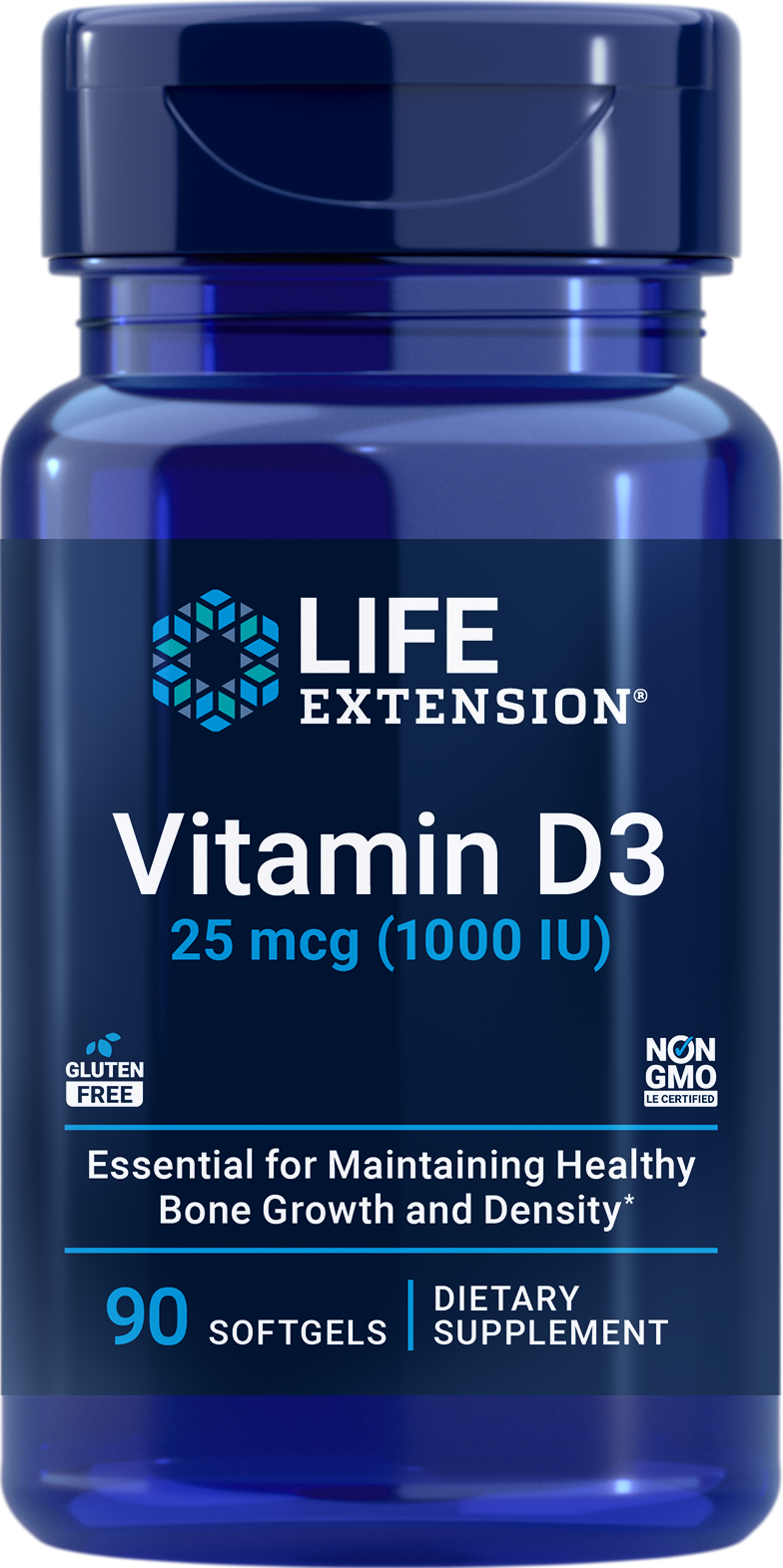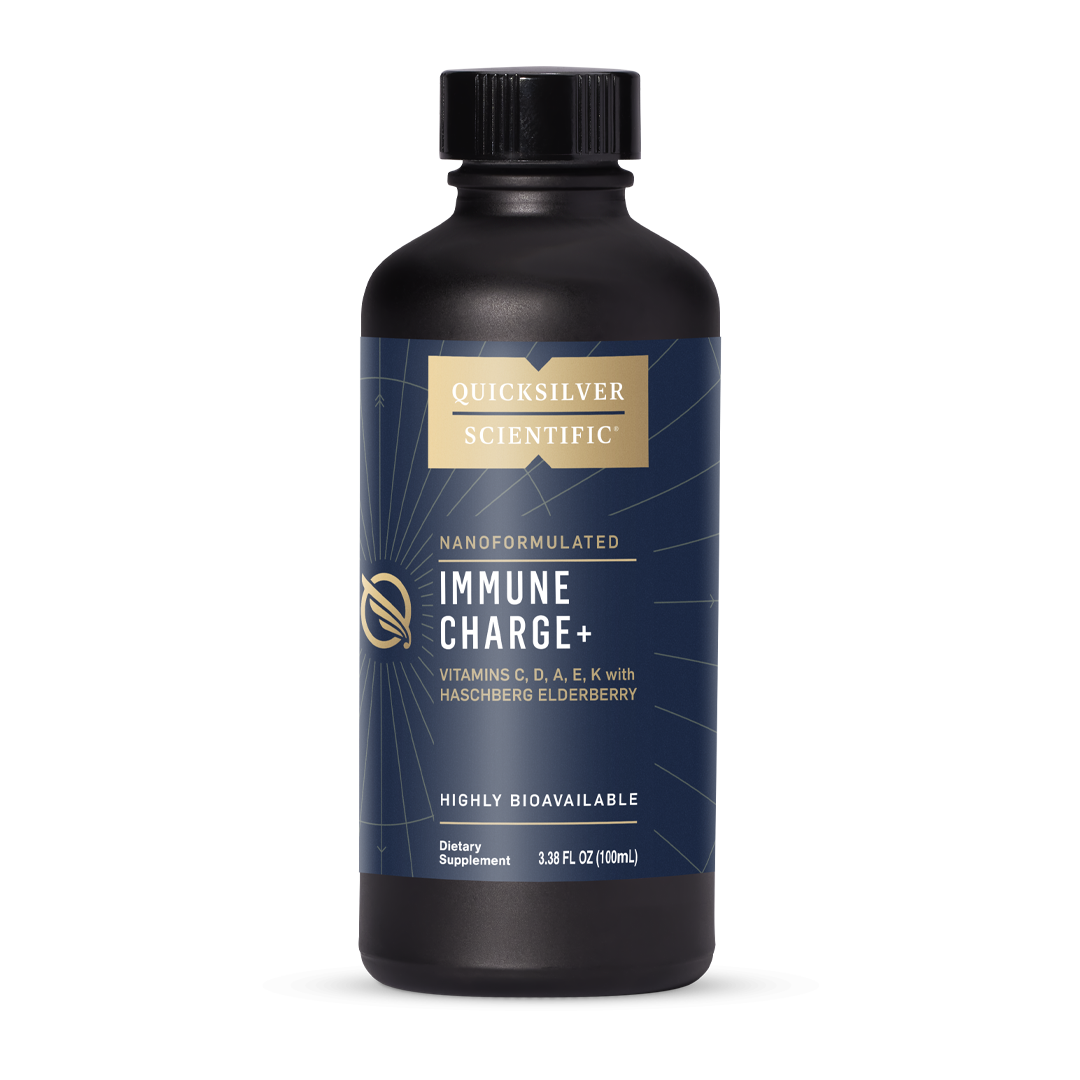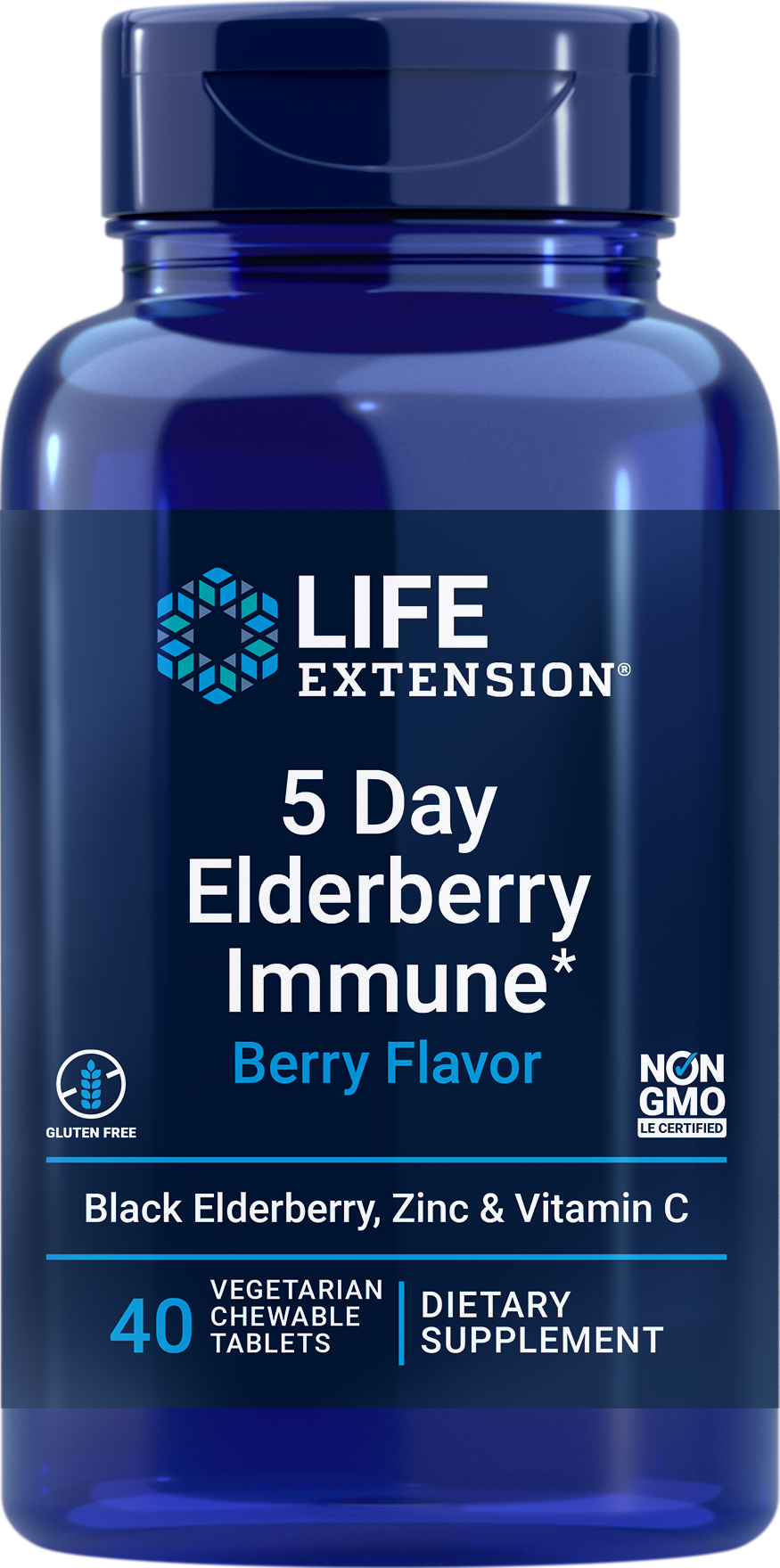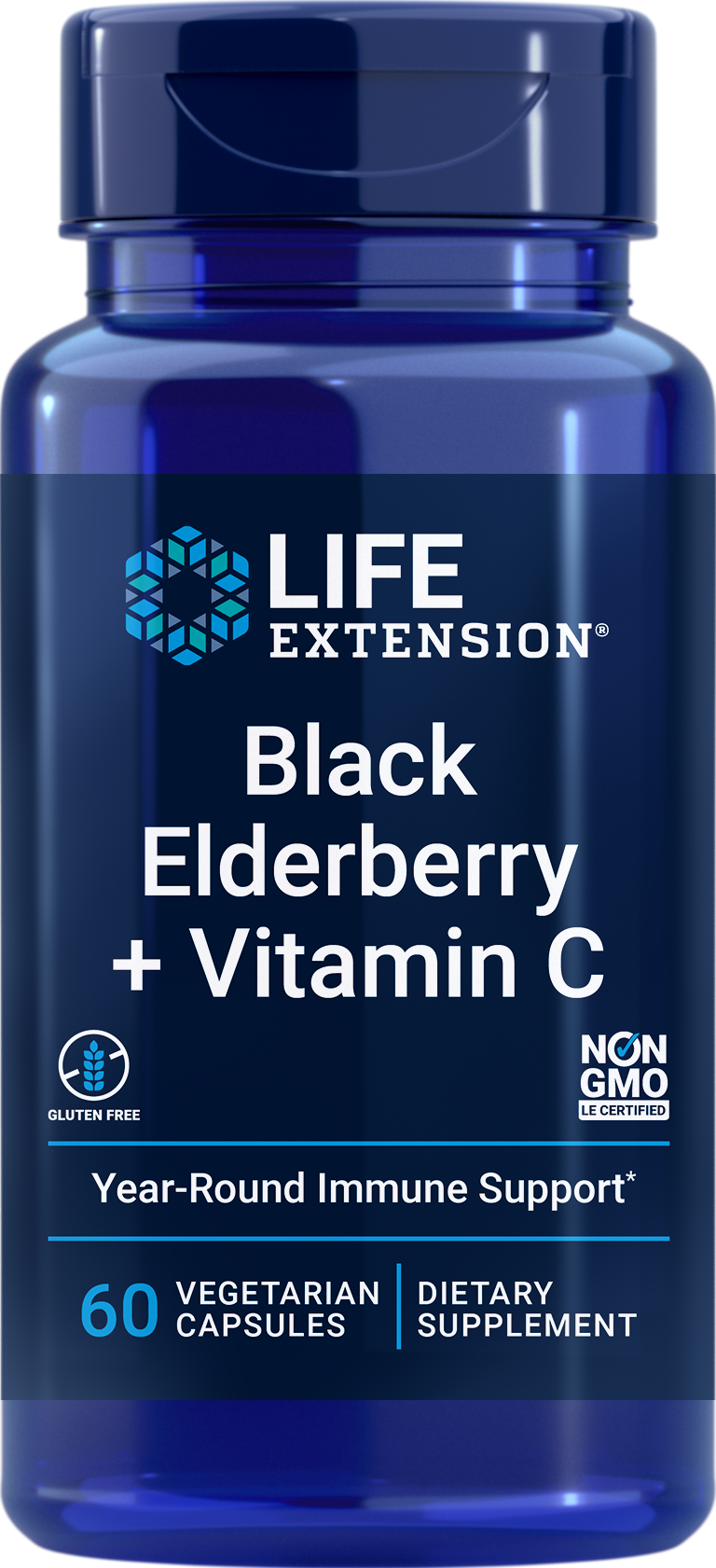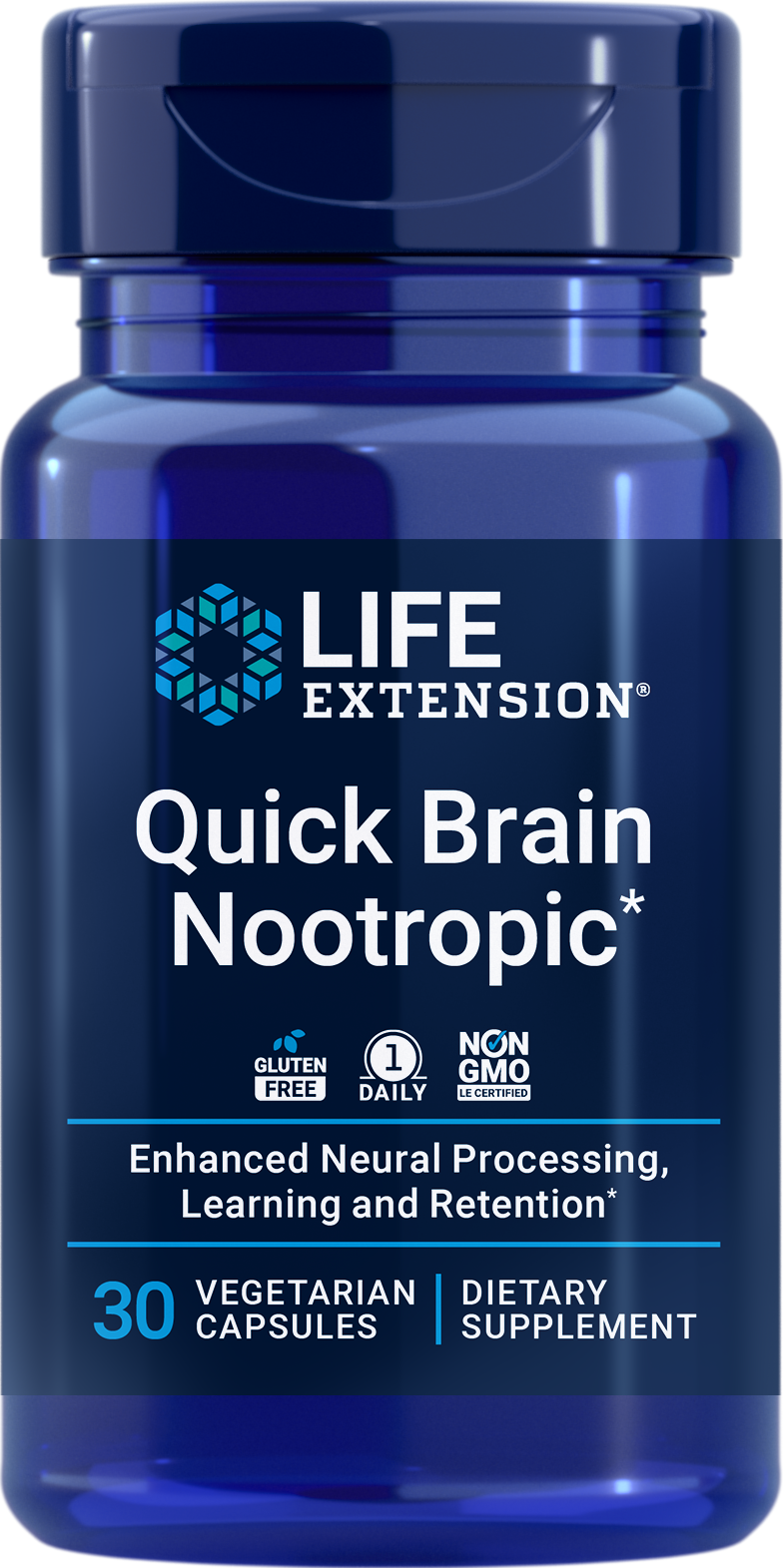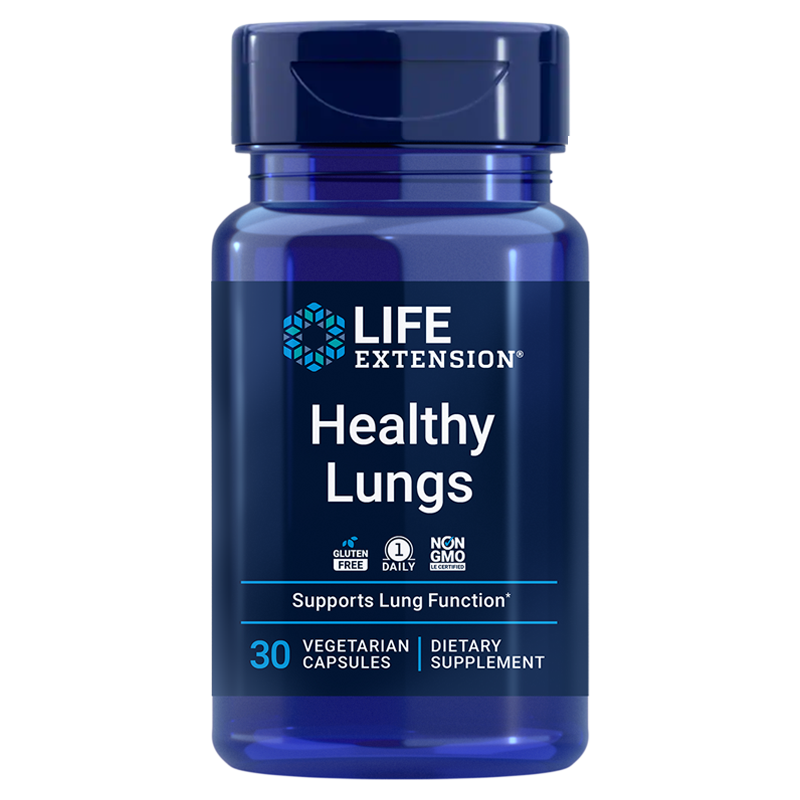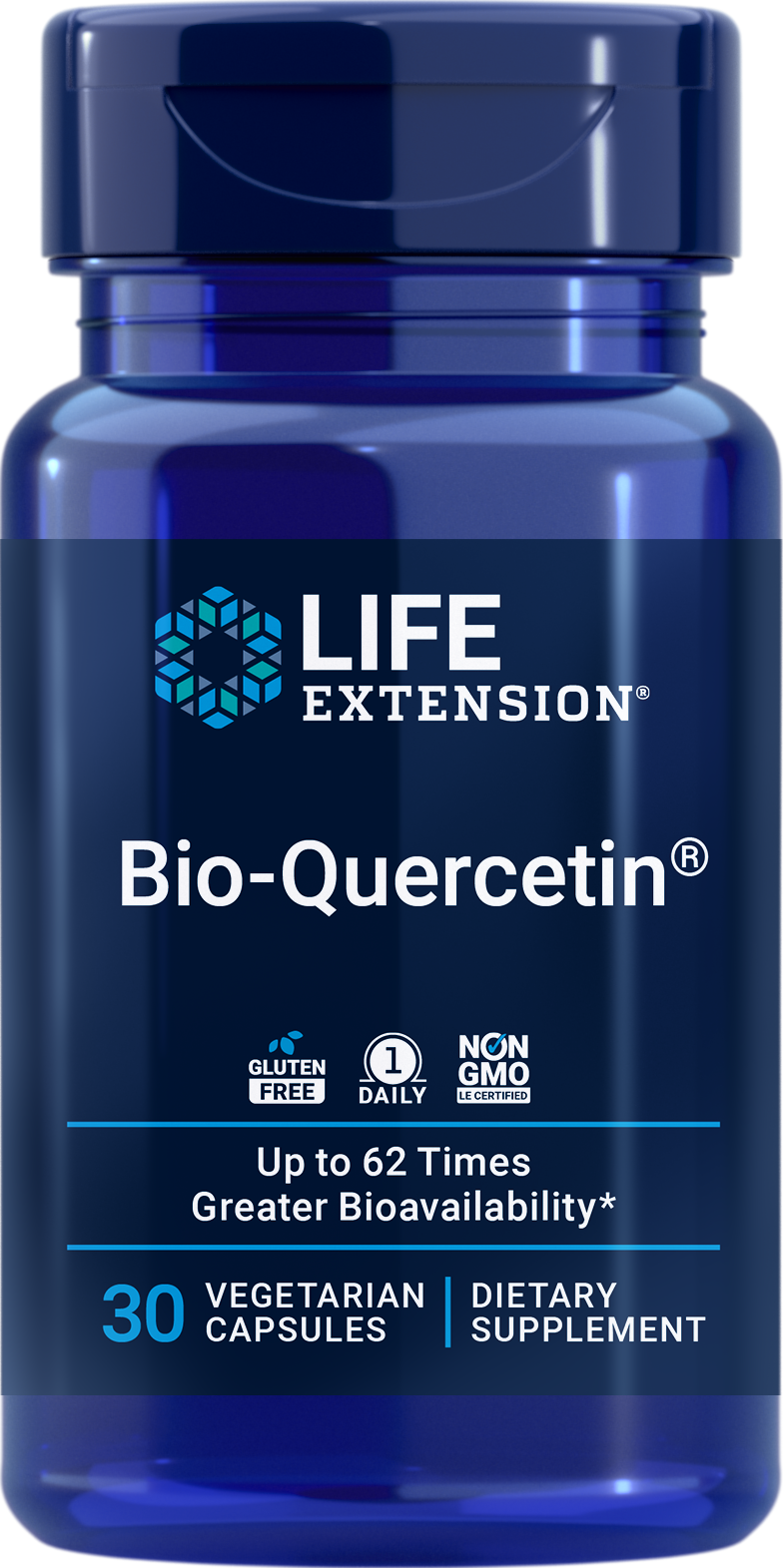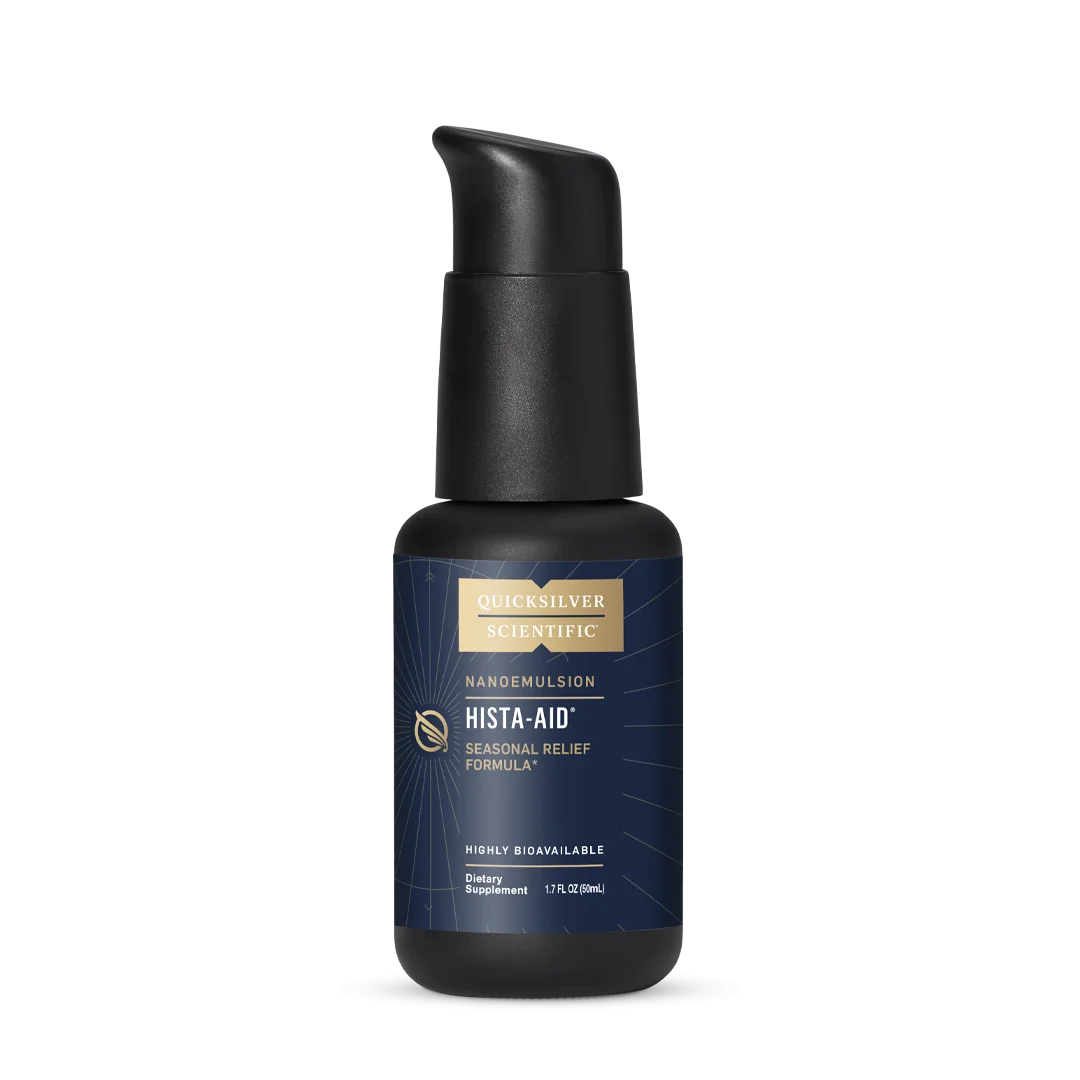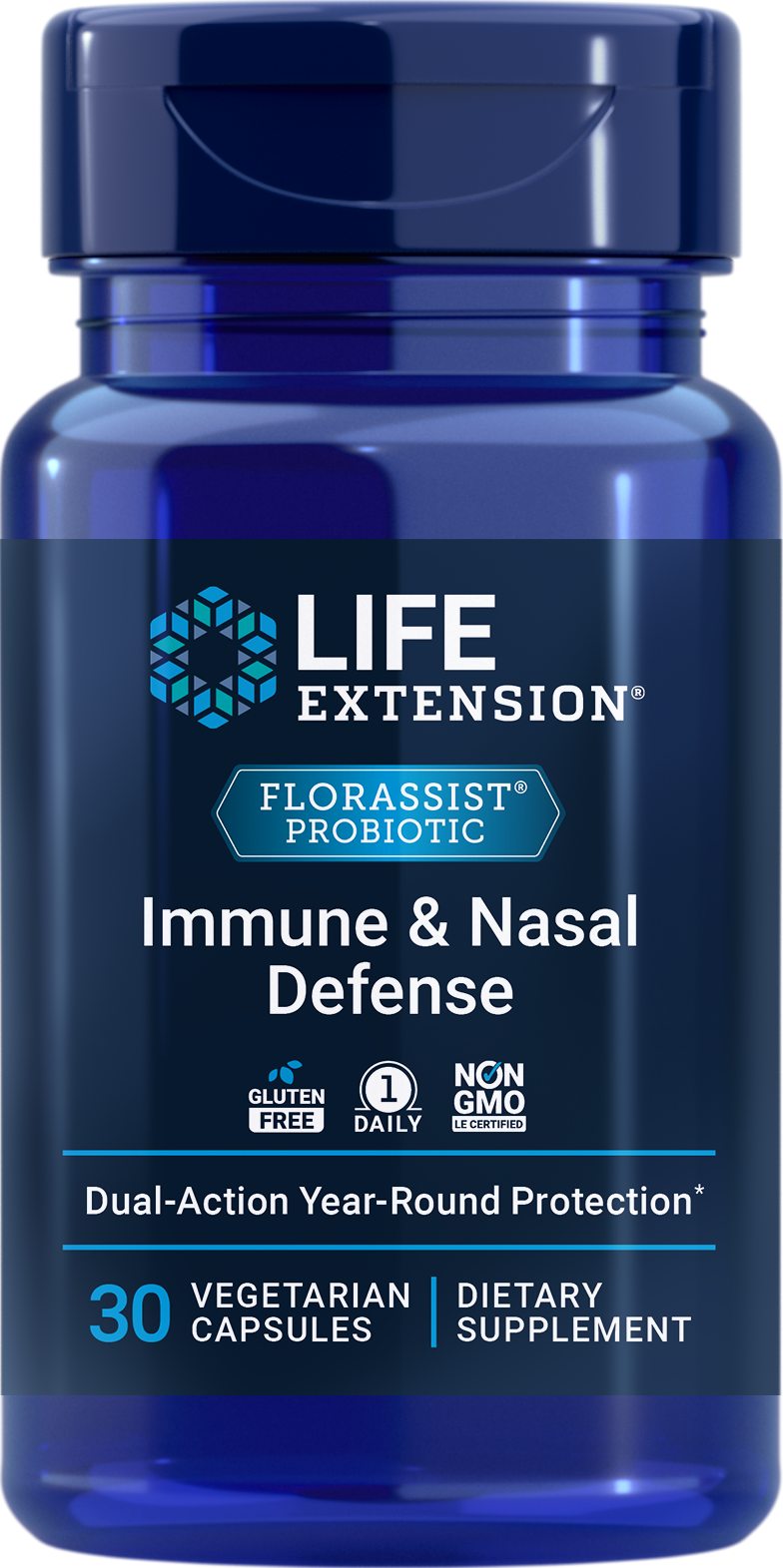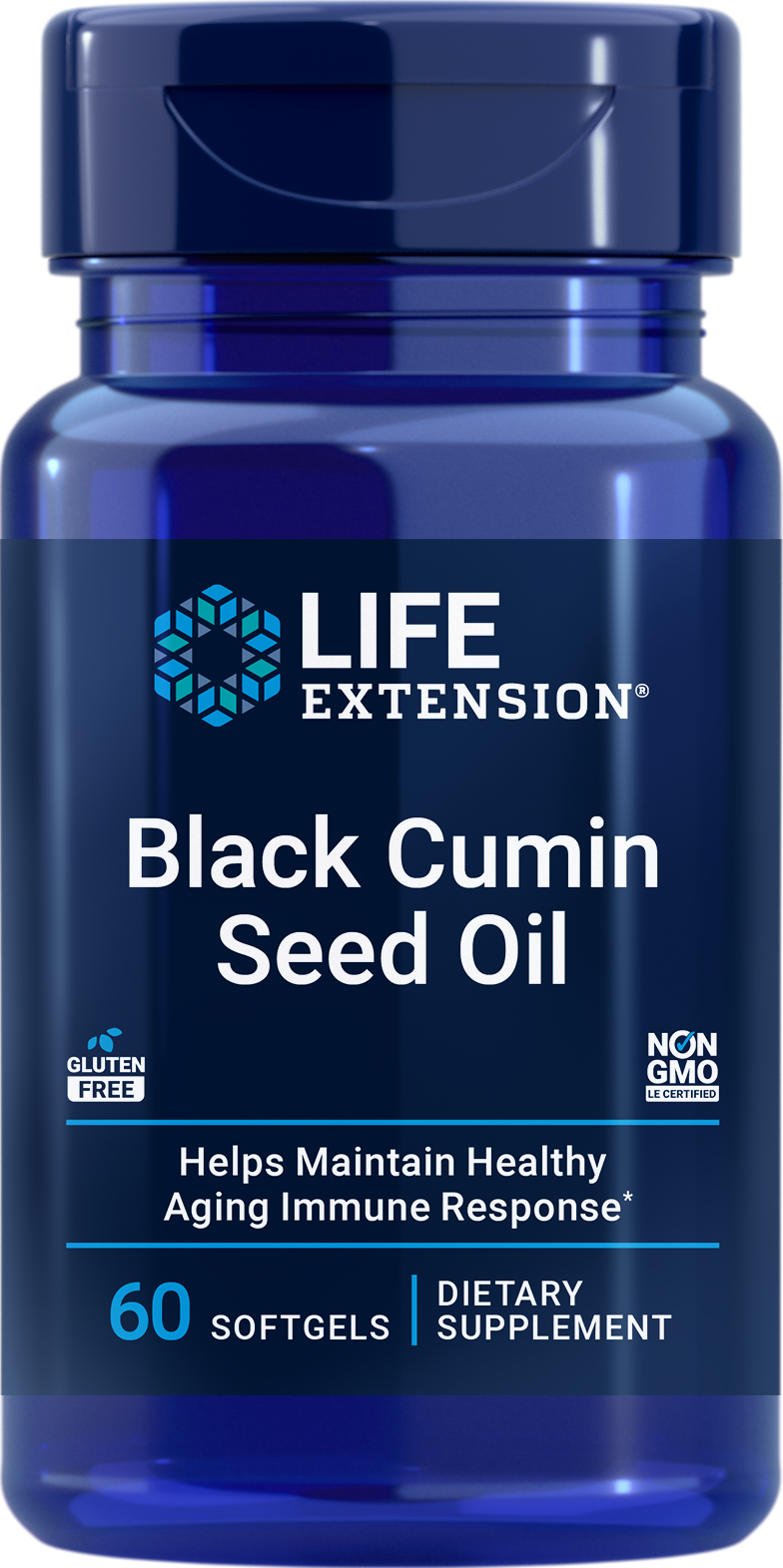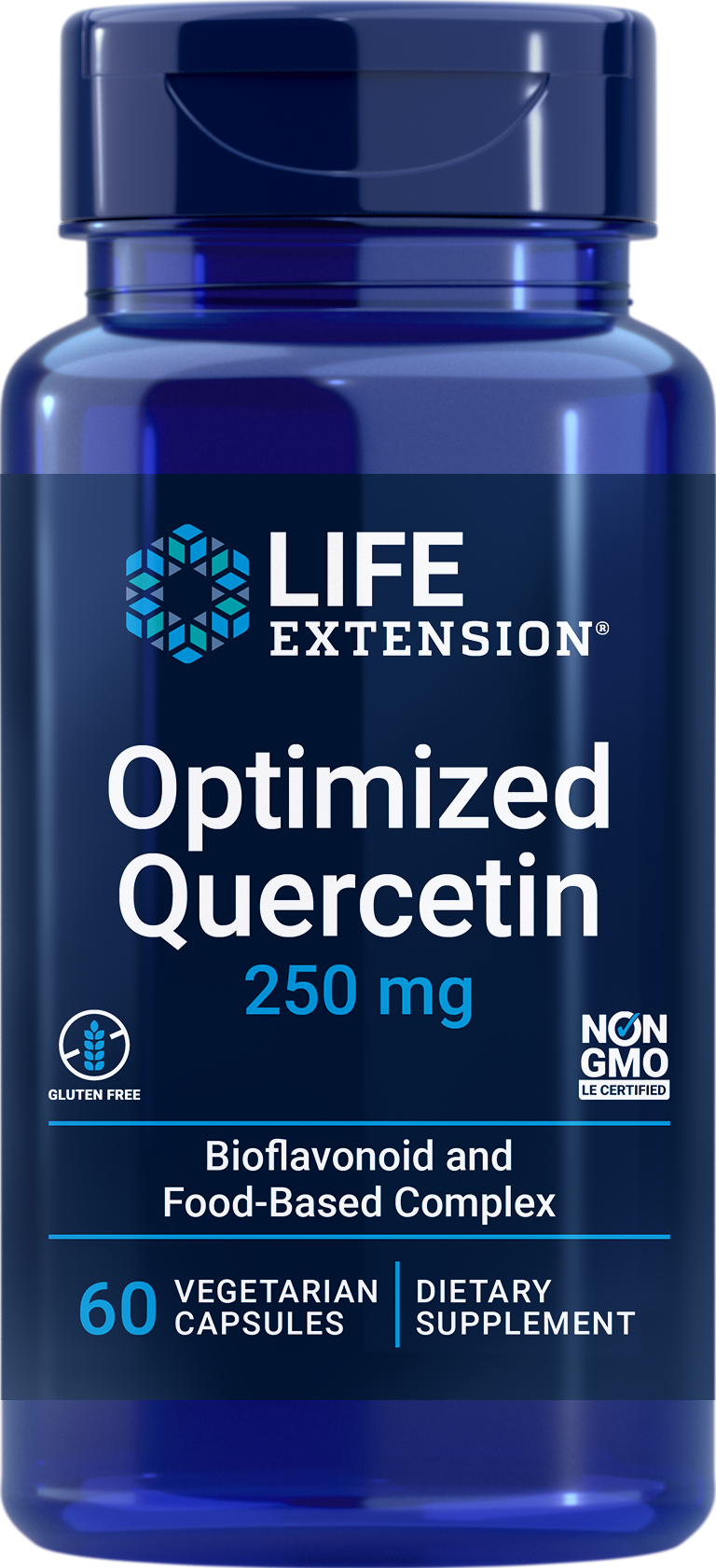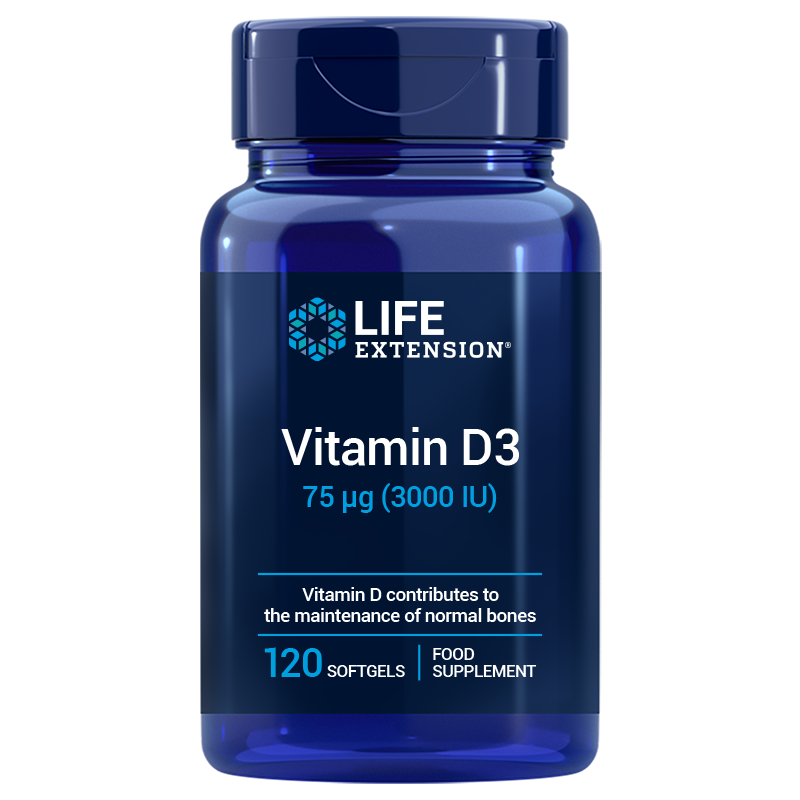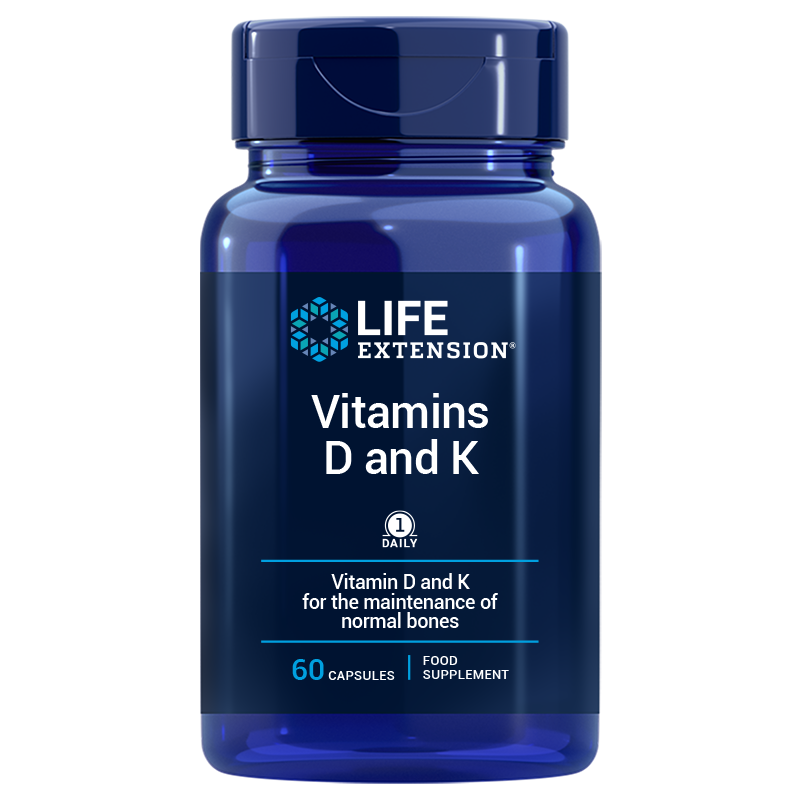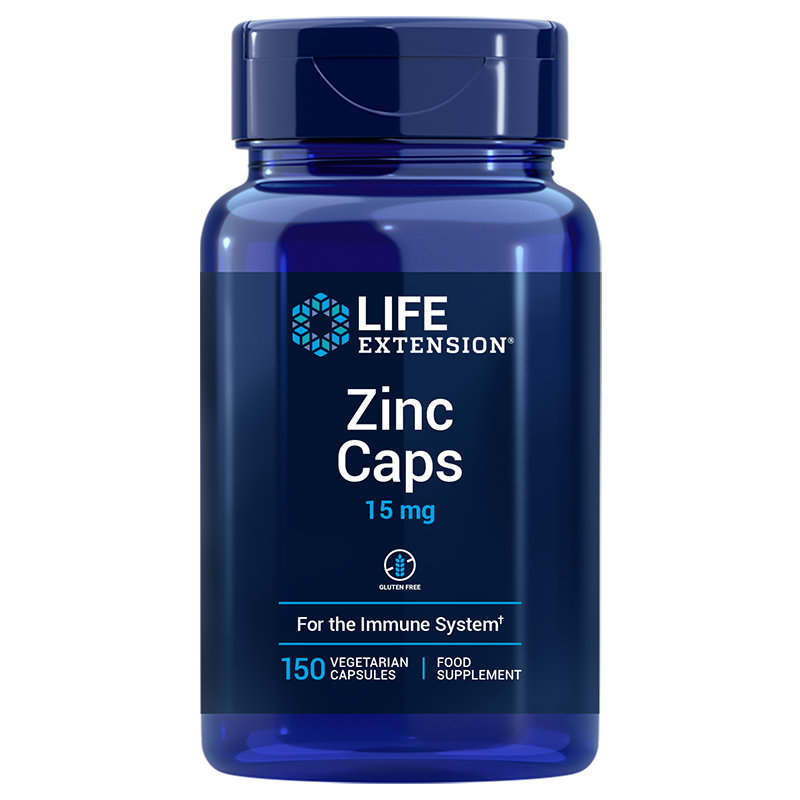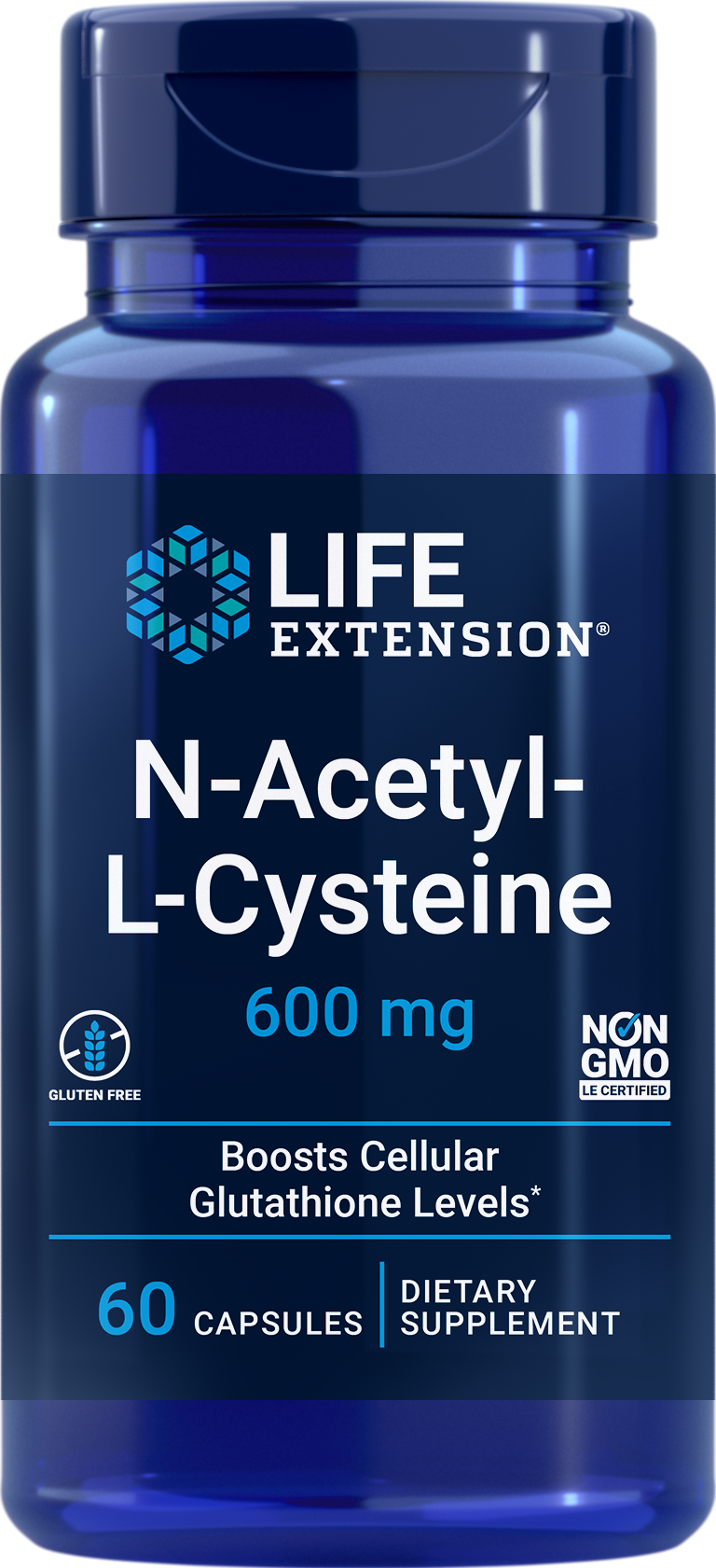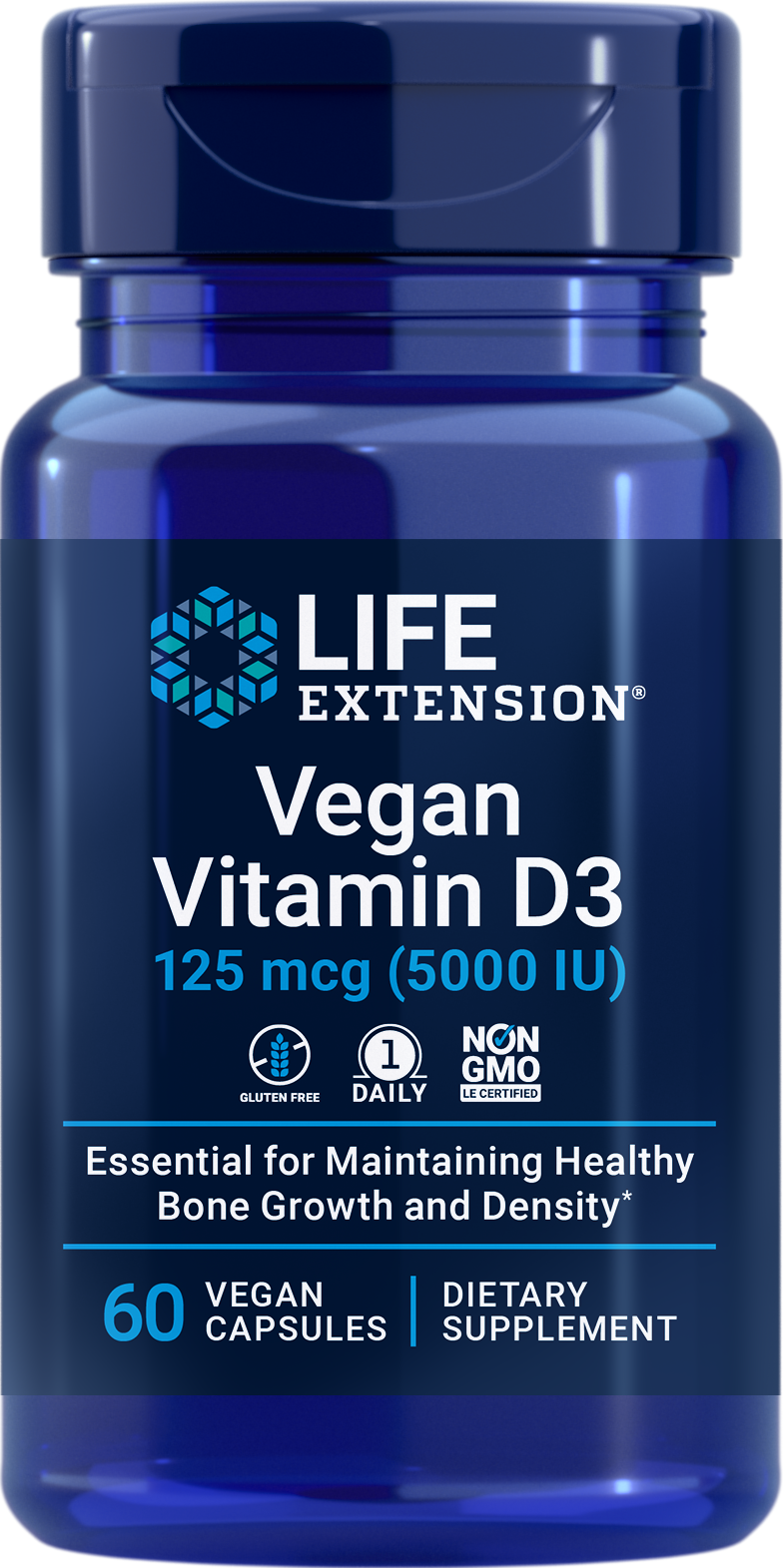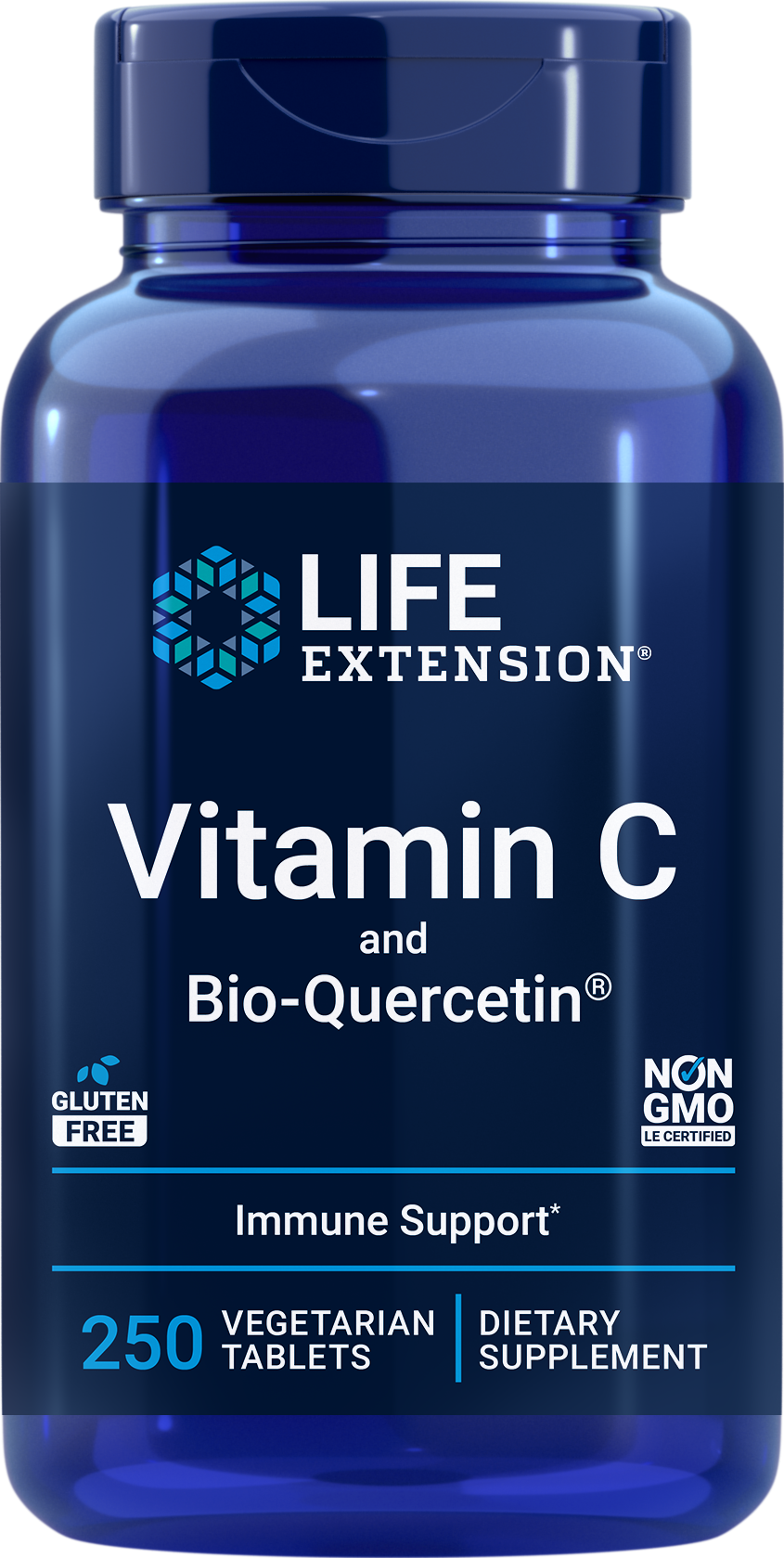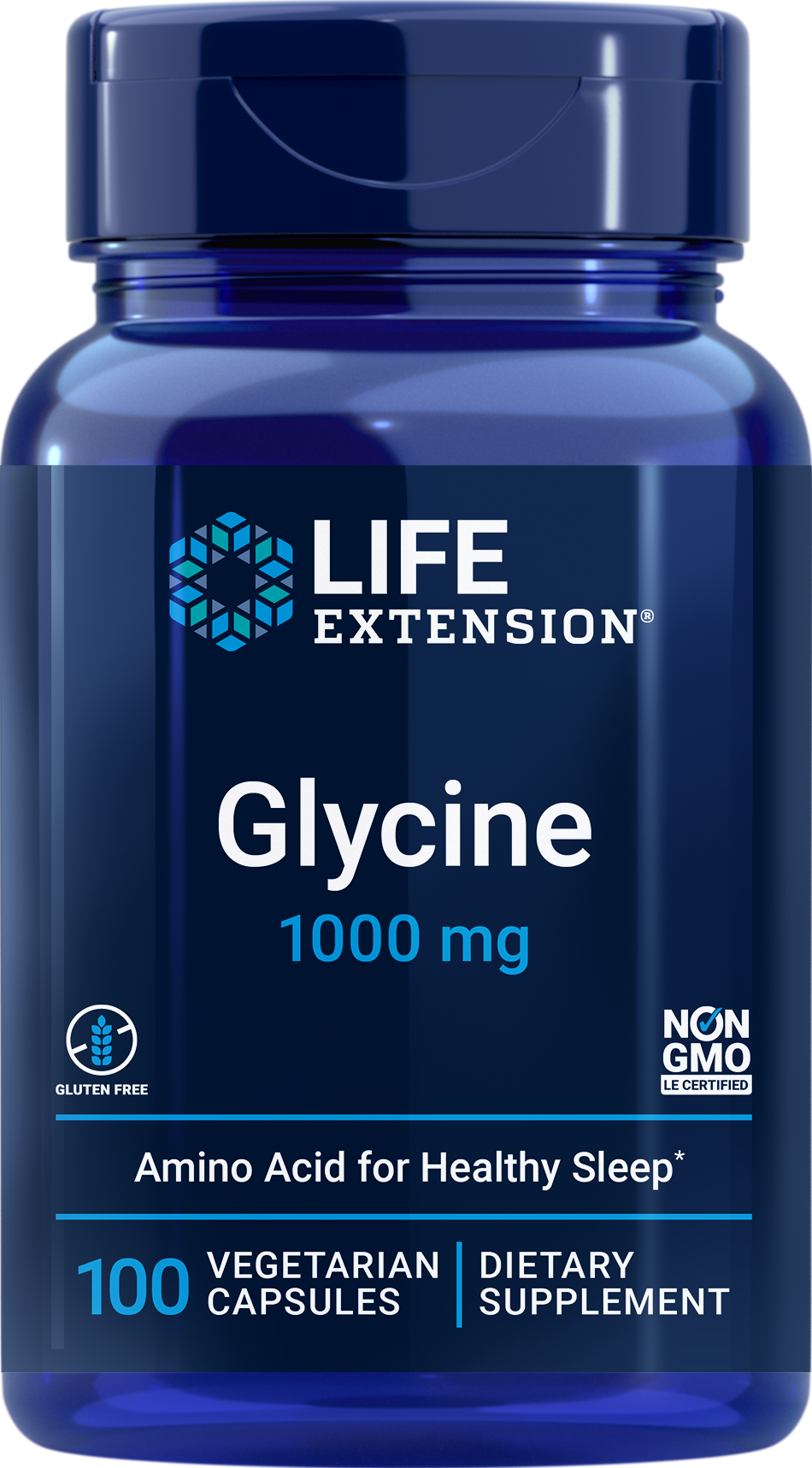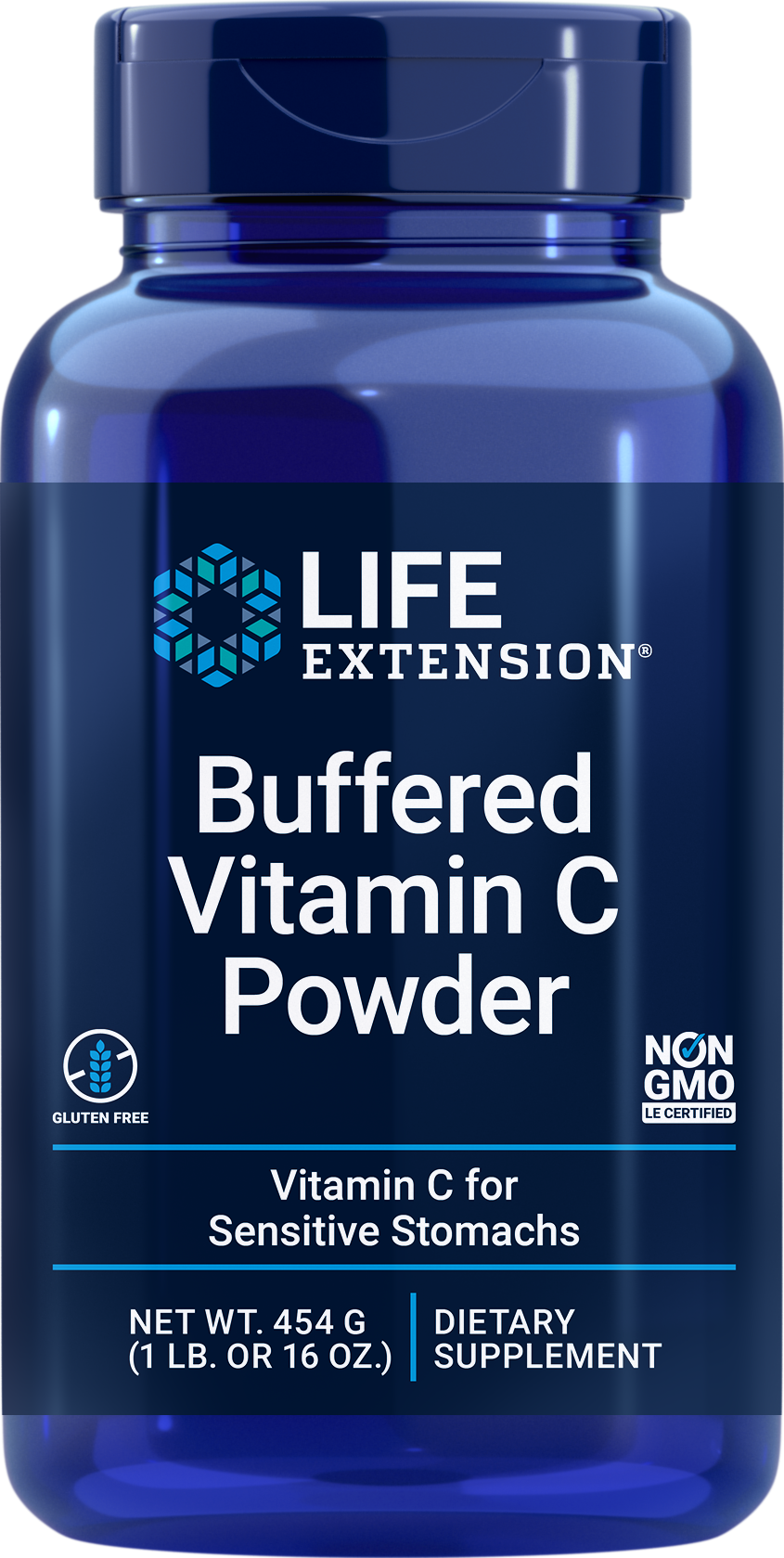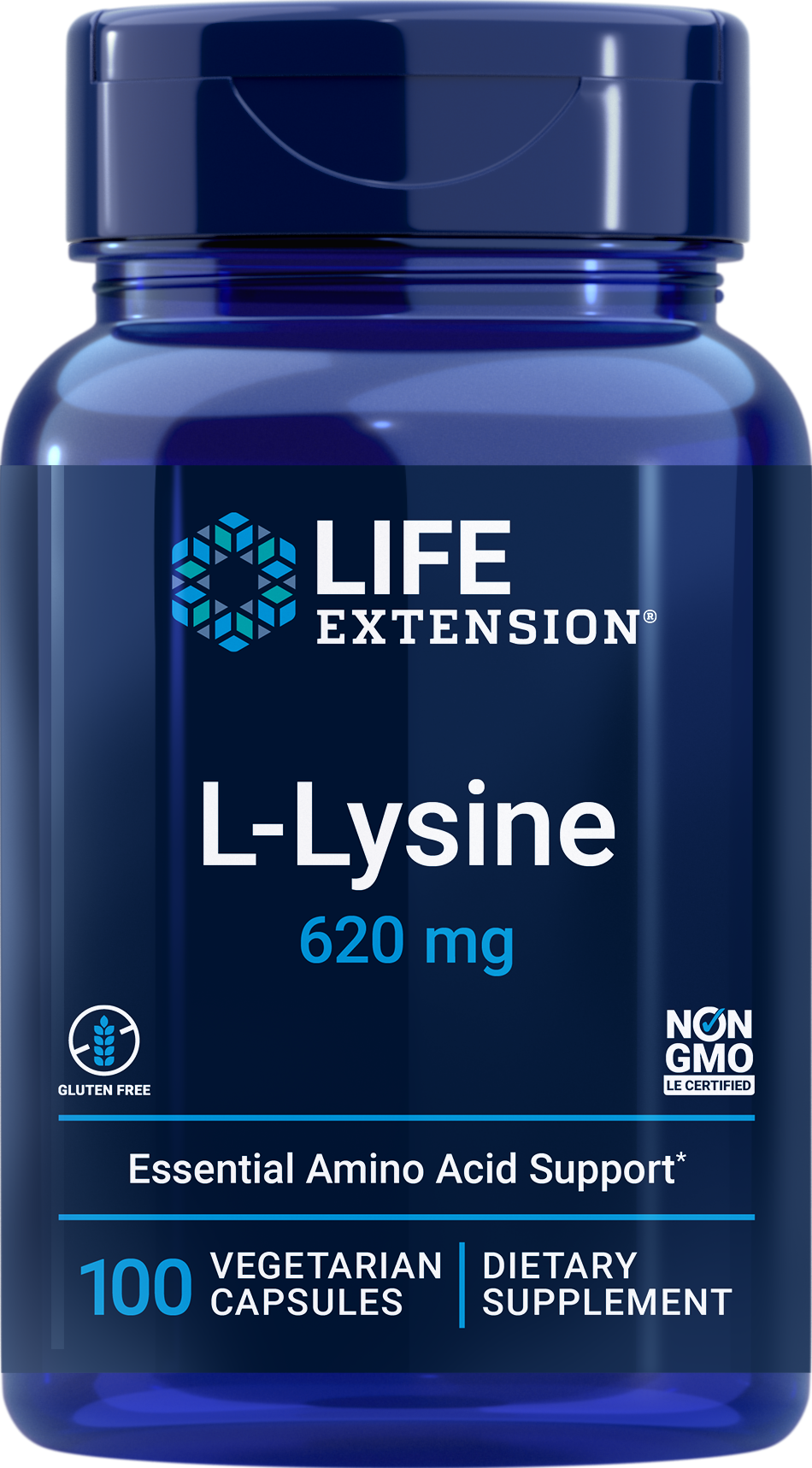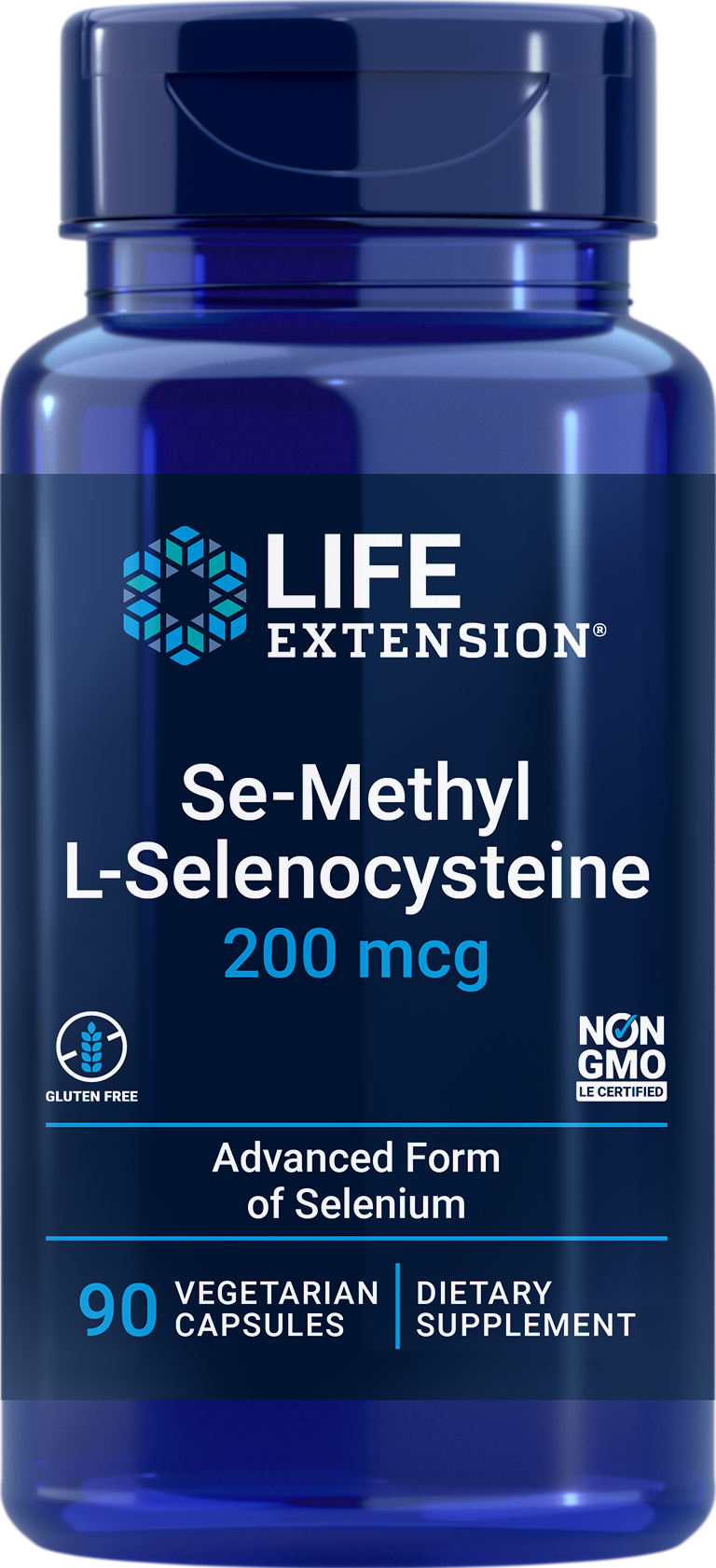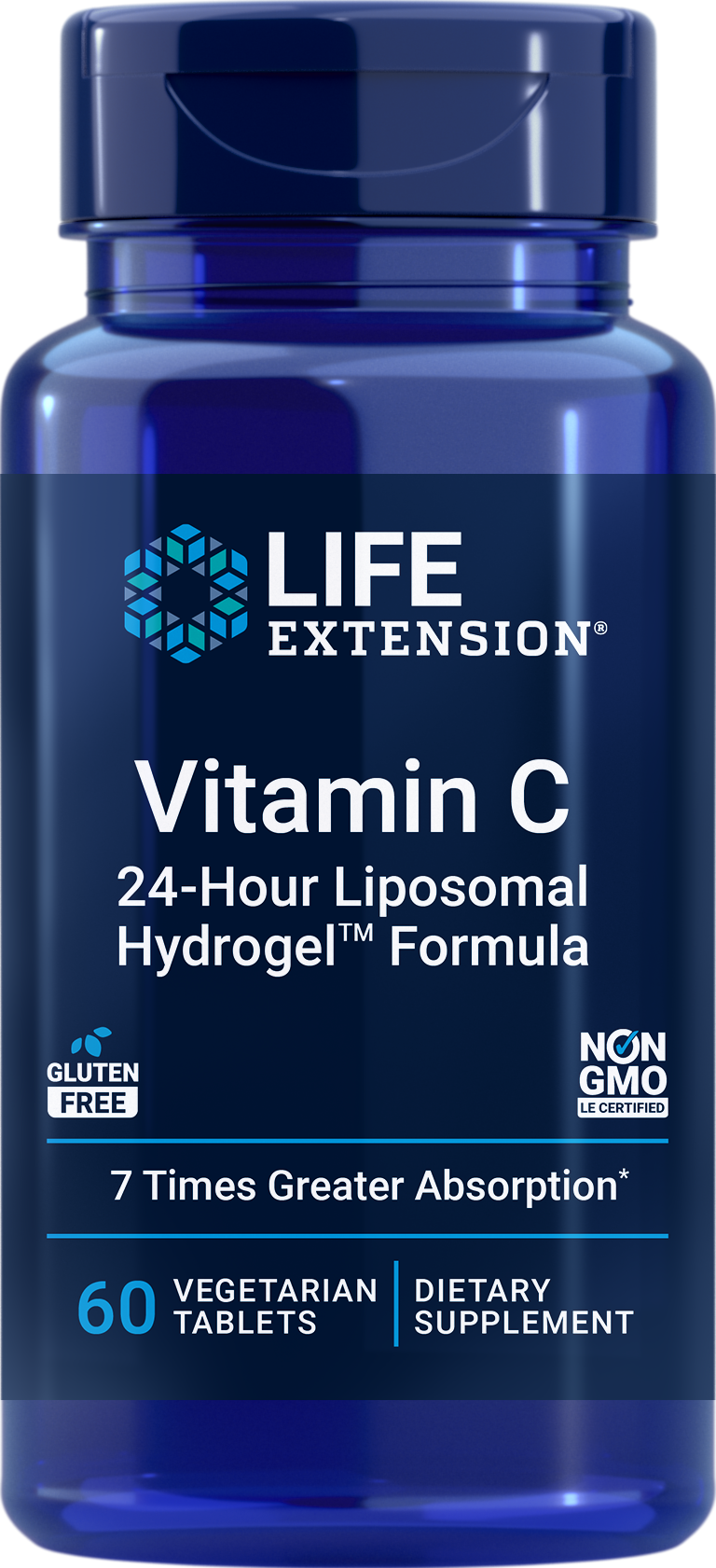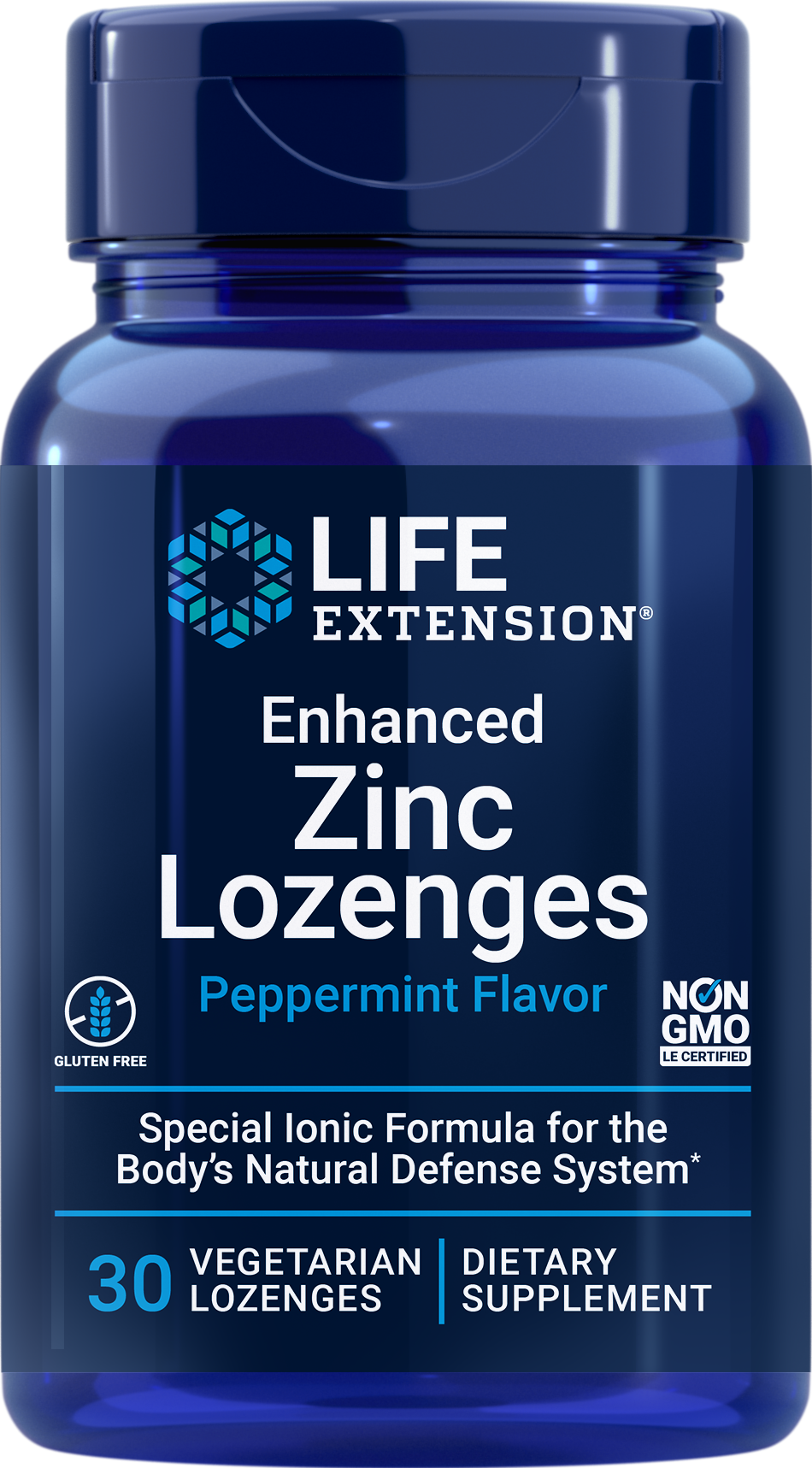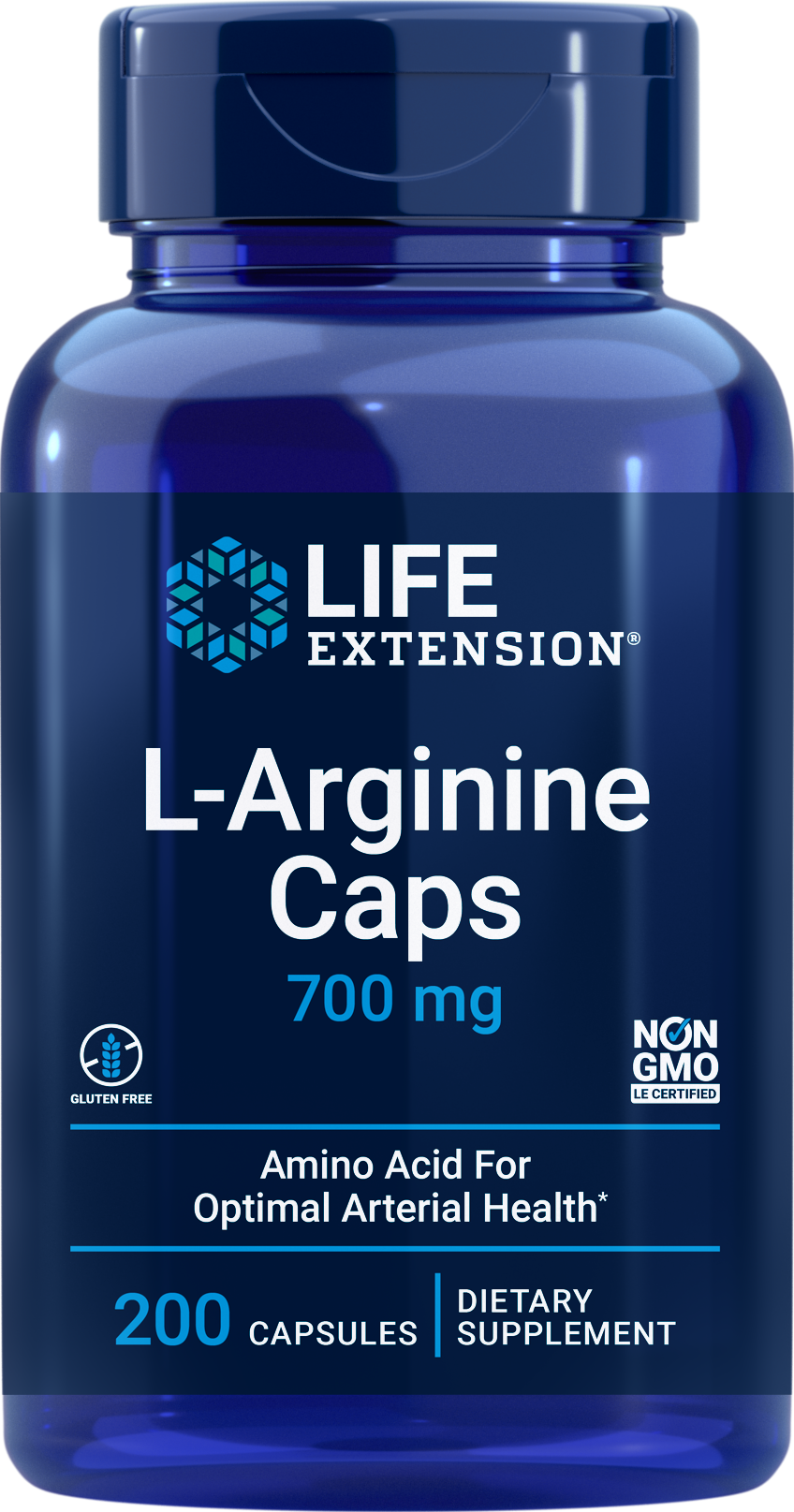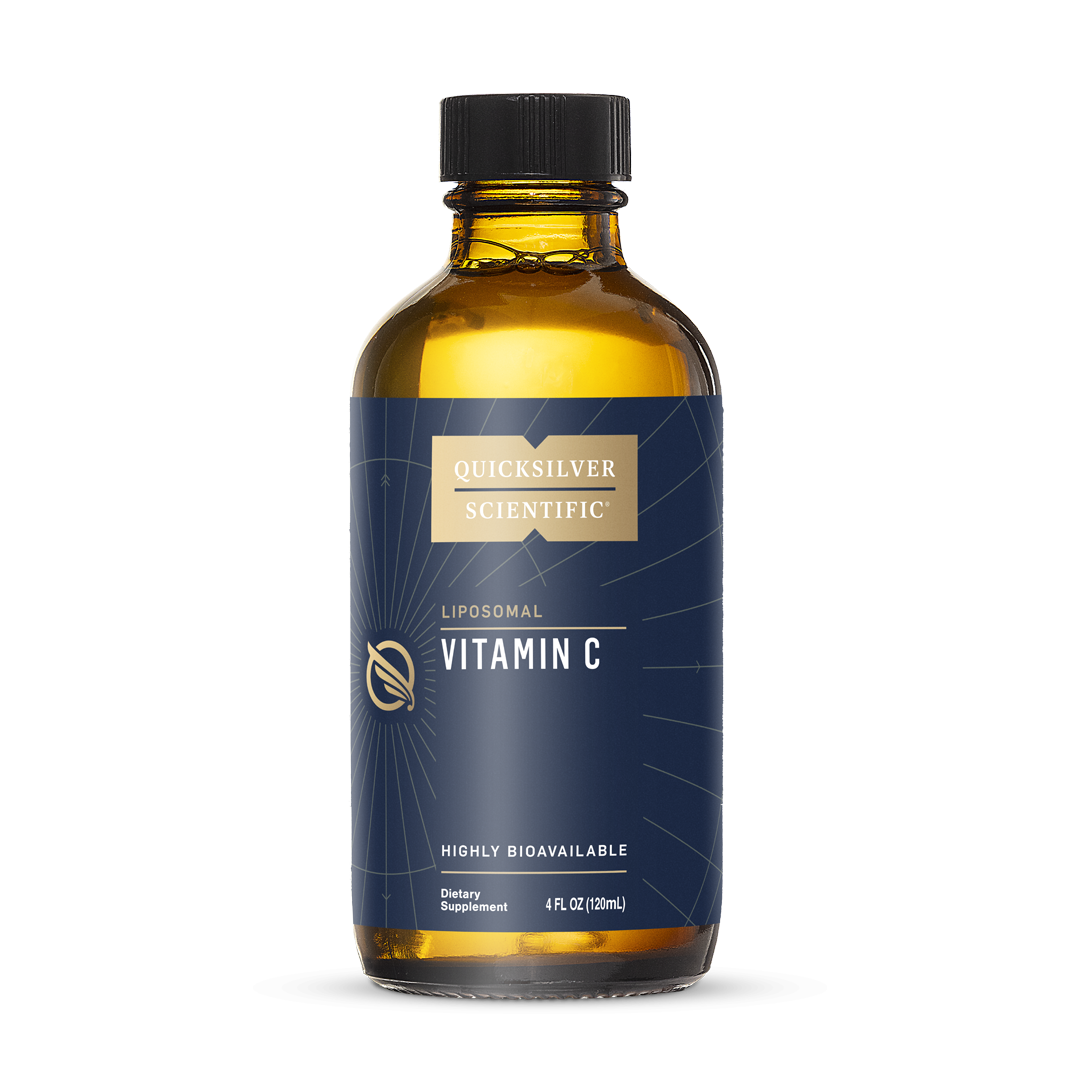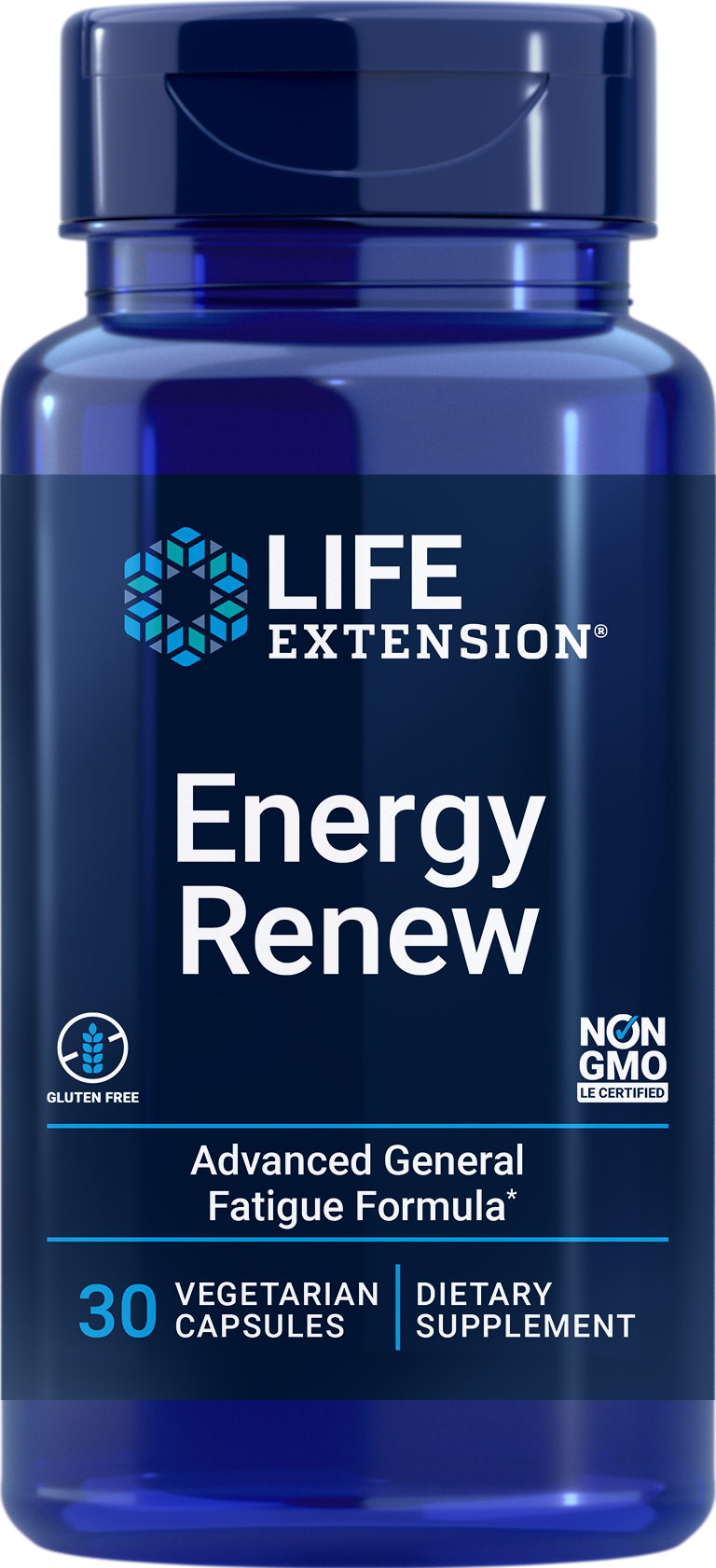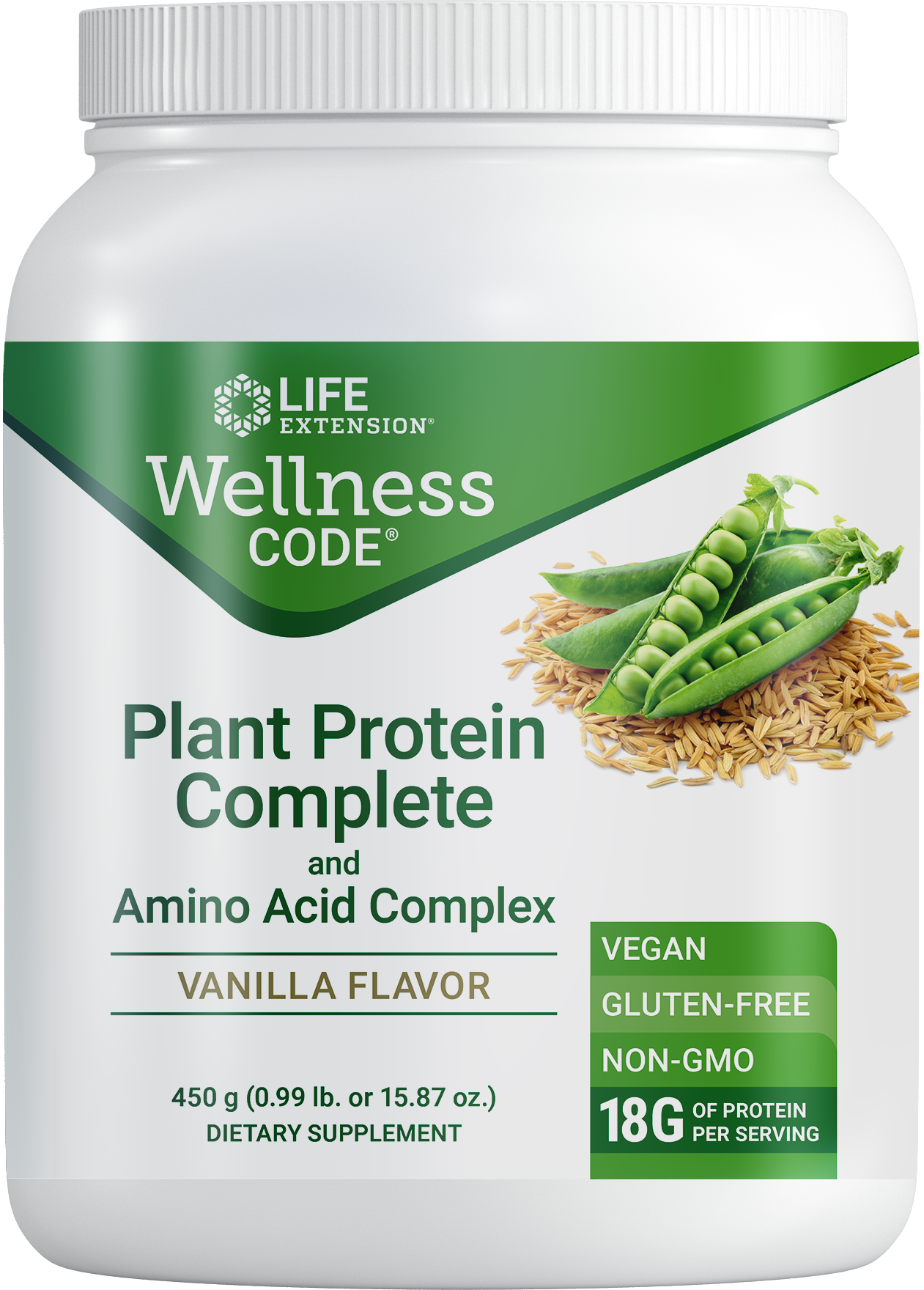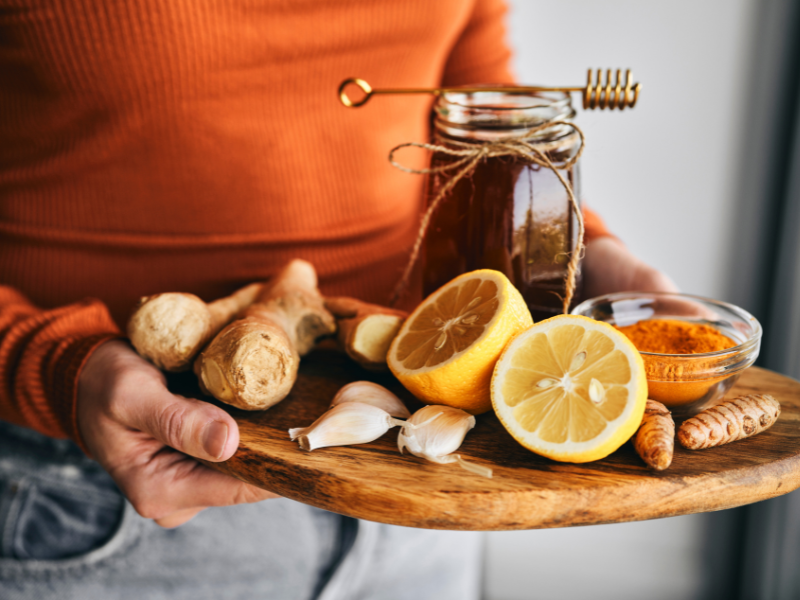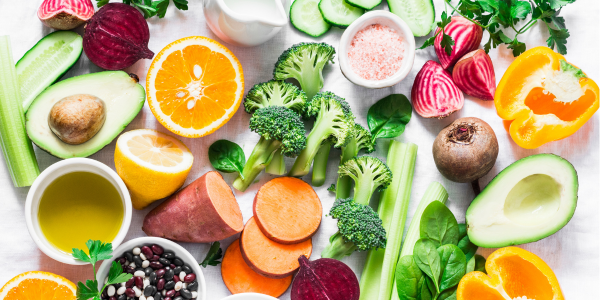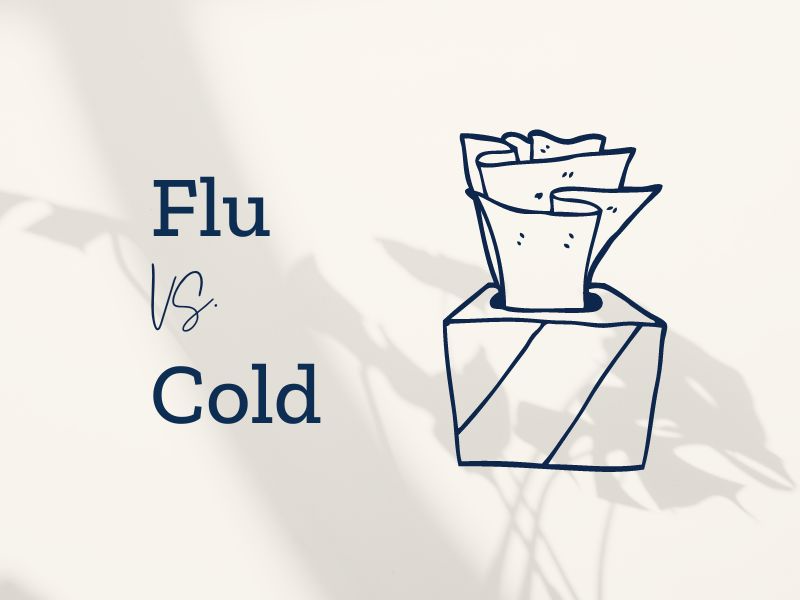
Immune support
Let natural support give you strength.
The best way to get through the cold season is to take care of your immune system, and supporting a healthy immune response requires fundamental nutrition.
Let the power of vitamins and specific nutrients help you, plus get the best out of seasonal changes!
- Normal aging results in a progressive decline in immune function. Healthy immunity, however, can be supported using nutrients that function via multiple pathways.
- Frequent colds, difficulty fighting off infections, persistent fatigue, or digestive issues, could be a sign that your immune system could use some support.
- Long hours indoors during the winter months are challenging for immune health; that's not to say that the warmer months don't come with their own struggles, too.
Recommended product
Stay healthy all season long
Turn up your body’s natural defenses
Echinacea has a reputation for helping you stay healthy, and rightly so.
The active compounds in this plant promote different kinds of activity in the immune system — all key players in a solid defense.
Life Extension® has created a powerful supplement for immune support from the two most studied and efficient echinacea species, Echinacea purpurea and Echinacea angustifolia, with the use of whole-plant extracts.
Do you need advice on supplements?
Try our supplement guide and find the nutrients you need to be your healthiest!
When it comes to your health, a one-size-fits-all approach to supplements can't fulfill all unique nutritional needs.
Take our Supplement guide if you want help to achieve optimal health and/or experience lifestyle changes.
The guide takes ca. 2 minutes to answer.
Why these ingredients are very important
In order to live long, healthy lives, we need our immune system to function at peak form on a daily basis.
Optimal immunity requires a daily intake of vitamin C and several other immune-supporting nutrients. You see three of them below.
Why vitamin C
The activity of many immune cells is closely related to their vitamin C content, and research shows that vitamin C promotes a healthy immune system in a variety of ways. The human body can't produce or effectively store vitamin C. In order to maintain optimal immunity, it’s good to replenish your supply through daily supplementation.
Why zinc is important
Zinc is a powerful mineral that helps keep your immune system functioning at peak performance. But zinc deficiency is common, especially in older people. Your body does not naturally produce zinc, so you need to eat a diet rich in zinc or incorporate a high-quality zinc supplement into your wellness routine to get all its health benefits.
Why vitamin D
Vitamin D (especially vitamin D3) plays a critical role in healthy immune function. It fortifies the immune system, helping to protect the body from infections, and lessening their severity. For most people, diet and sunlight are not enough to maintain optimal vitamin D levels. That means that supplementing with vitamin D is recommended.
Immunity
Nutrients that can impact immunity
Supplementing with specific nutrients may help defend against infectious agents.
Especially with age, immune function markedly declines along with the body’s natural defenses. And keeping a healthy immune response at certain times of year is a heavier lift than others — no matter age!
That's why you need a stay-well strategy, so your natural defenses will be in tip-top shape, regardless of what the day (or season) sends your way. The following nutrients can help support a healthy immune response:
- Vitamin C is also known as ascorbic acid, and the strong link between this nutrient and immune health may result from its ability to stimulate the production and function of white blood cells — with a whole range of immune benefits following that! Vitamin C C helps increase levels of antibody-producing cells (lymphocytes), boosts the function of infection-engulfing neutrophils, and helps NK (natural killer) cell activity. When initiated soon after symptom onset, vitamin C may reduce the duration of influenza-like respiratory illness symptoms such as fever, chills, and body pain.
- Quercetin is a plant flavonoid that supports an immediate immune response to common colds and other upper respiratory infections. It's shown to reduce inflammatory immune cells, cut histamine levels, relax airway smooth muscle, inhibit replication and infectivity of cold-causing viruses, and reduce senescent cells and their pro-inflammatory signaling.
- Vitamin D, the sunshine vitamin, is demonstrated to interfere with virus replication and modulate the immune response via receptors on various immune cell types, thus supporting antimicrobial defenses while limiting inflammatory signaling. A plethora of worldwide studies has found correlations between low vitamin D status and increased risk of respiratory viral infections and poor outcomes.
- Zinc is key to maintaining the integrity of the immune system. This mineral helps with the normal development and function of natural killer cells, lymphocytes, neutrophils, and macrophages. Zinc has been shown to help against several effects of viral respiratory issues, supporting a clearance away from airway surfaces, helping to prevent their entry into cells, and promoting the suppression of viral replication. Using zinc in the form of a lozenge within 24 hours of symptom onset may reduce the duration and severity of a cold.
- Probiotics: More than 70% of your immune system is in your gut. With more than 100 trillion gut bacteria, outnumbering regular body cells 10 to 1, a healthy bacterial balance in your gut is essential to your health and immune system! A probiotic strain, Lactobacillus rhamnosus CRL1505, is shown to significantly boost levels of secretory IgA — critical antibodies that target both viral and bacterial invaders in the upper respiratory tract — thus providing a security system against cold and flu viruses within mucosal membranes. A trial of healthy male and female children found that, compared to placebo, consuming 100 million CFU (colony-forming units) of this probiotic strain five days weekly for six months resulted in: 61% fewer cases of tonsillitis and pharyngitis (a throat infection), 55% fewer cases of cold or flu, 49% fewer infections, 46% fewer cases of fever, and 33% less need for antibiotic use.
- Lactoferrin is a protein found in milk and produced in tears, saliva, mucus, and by some immune cells. Lactoferrin (as apo lactoferrin) is an immune modulator and can help prevent a wide range of pathogens from entering through the linings of the oral cavity, nasal cavity, airways, and digestive system. Connected with the enhancement of antimicrobial immune activity while reducing inflammation, it has shown signs of supporting a broad spectrum of activity against bacteria, fungi, protozoa, and viruses that cause the common cold
- Garlic compounds have demonstrated antiviral activity against respiratory viruses, such as rhinoviruses and influenza viruses, and have broad antimicrobial activity against bacterial and fungal causes of illness. Aged garlic extract has demonstrated potent antiviral and immune-enhancing properties.
- Beta-glucans: These prebiotic fibers may stimulate the body’s antimicrobial defense and prevent infection as well as decrease upper respiratory tract infection symptoms. Mushrooms contain beta-glucans and other compounds known to activate critical immune functions. Thus Shiitake, maitake, and chaga mushrooms can help support the immune system, activating immune cells.
- Melatonin: In addition to protecting against inadequate sleep, which has a well-documented negative impact on immune health, melatonin provides vital immune support by helping coordinate immune responses to a wide variety of threats, including viruses. So when internal production of melatonin drops with age, it leaves the immune system weakened. During this process, called immune senescence, disease risks rise because the immune system stops eliminating abnormalities properly. Thus supplementing with melatonin may be useful to enhance immunity.
- Elderberry: Clinical research suggests elderberry extract, rich in anti-inflammatory and antioxidant polyphenols, may reduce influenza symptoms and shorten the duration of illness when started within 48 hours (about 2 days) of symptom onset.
- Curcumin: Numerous preclinical studies indicate curcumin may activate antiviral immunity, and it has demonstrated antiviral effects against a range of respiratory viruses. Curcumin also helps mitigate the inflammation associated with the immune response to infection.
- N-acetylcysteine (NAC) can help inhibit cellular entry and replication of some respiratory viruses support assist in clearing thickened mucous from the airways, and suppresses inflammatory signaling.
- Selenium has been shown in preclinical studies to reduce the infectivity, replication, and virulence of several respiratory viruses.
- Licorice: Active constituents of licorice have demonstrated antiviral effects against viral causes of respiratory infection as well as other viruses.
- Andrographis: Multiple randomized controlled trials and two meta-analyses have found Andrographis extract, alone and in herbal combinations, reduced symptoms of upper respiratory tract infections and may be especially helpful in alleviating cough and sore throat.
- Green tea catechins have demonstrated antiviral actions against influenza and other respiratory viruses. Green tea may help prevent viral respiratory infections and may decrease flu-like symptoms by reducing inflammation.
- Ginseng extracts have been shown to activate the antiviral immune response while reducing the inflammatory response, and clinical trials suggest it may lower the risk of the flu and improve the immune response to the flu vaccine.
- Echinacea is an immune-enhancing plant. Clinical studies have shown that compared to placebo, echinacea use can lead to an improvement in cold symptoms, fewer days with severe symptoms, and a reduction in cold incidence and severity, as well as reduce the risk of recurrent infections.
- S. cerevisiae fermentate is a special yeast culture extract, this fermented yeast can improve the immune response to environmental allergens and colds, as shown in controlled human studies.
Read more blog posts



